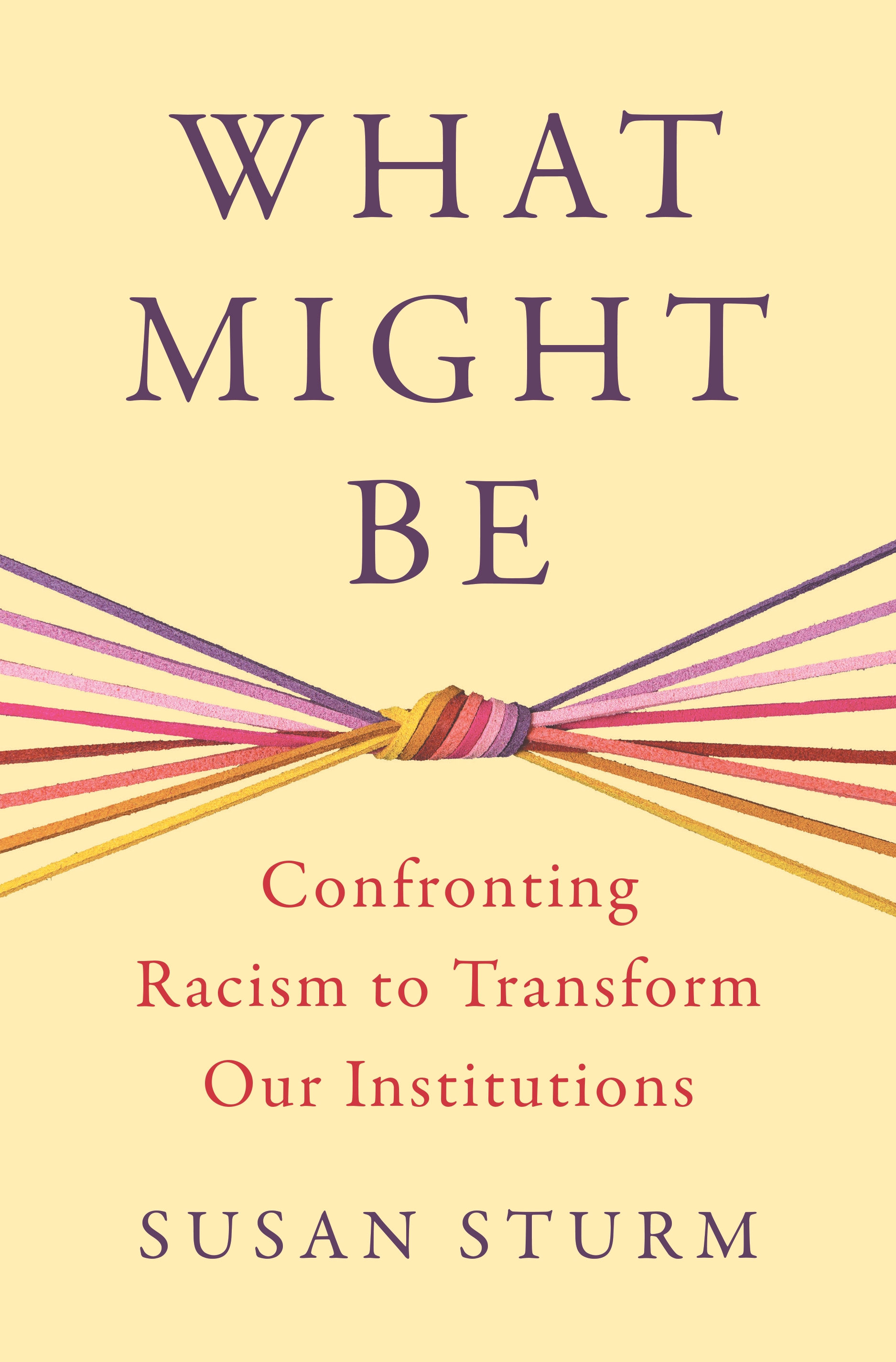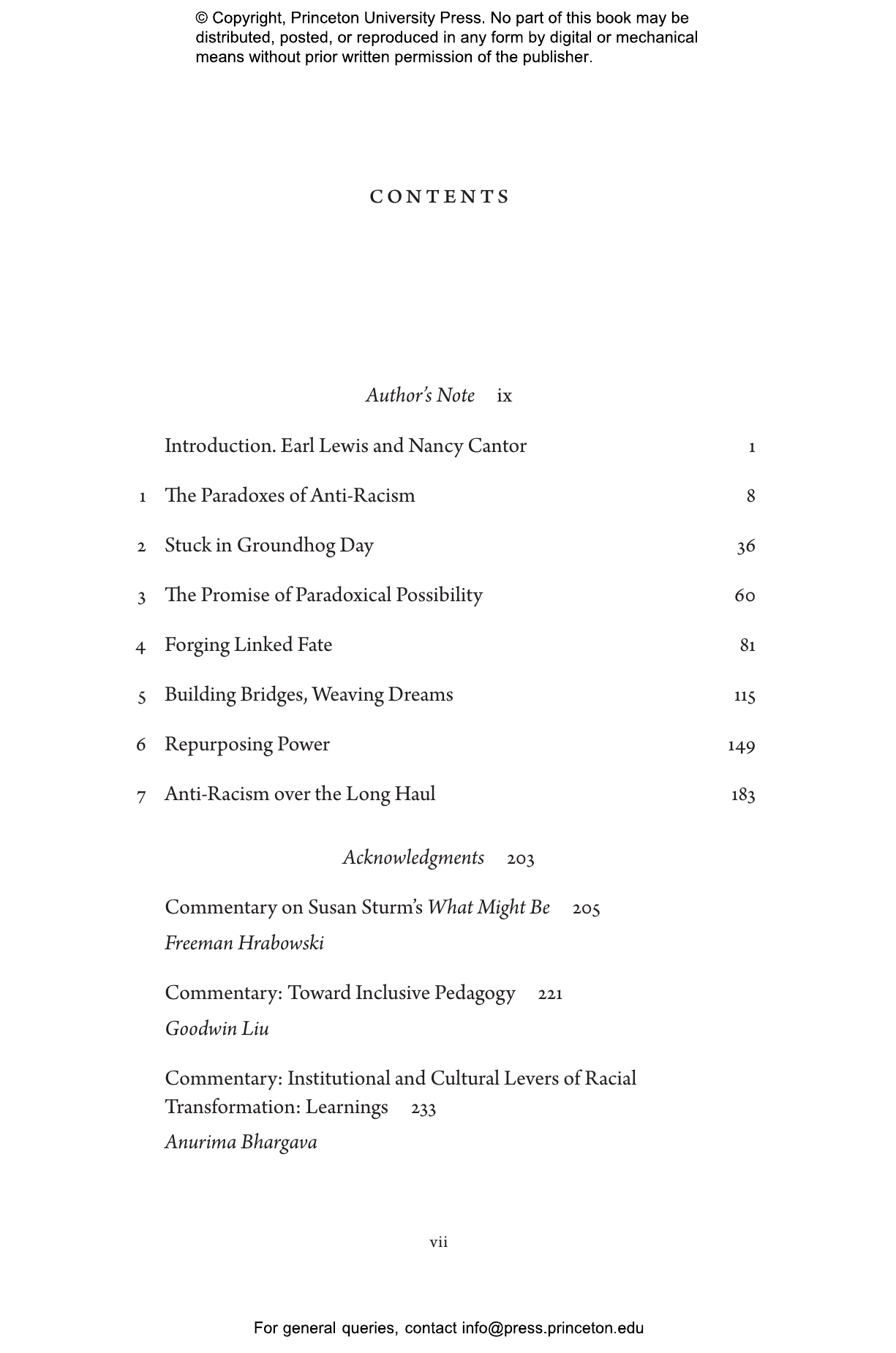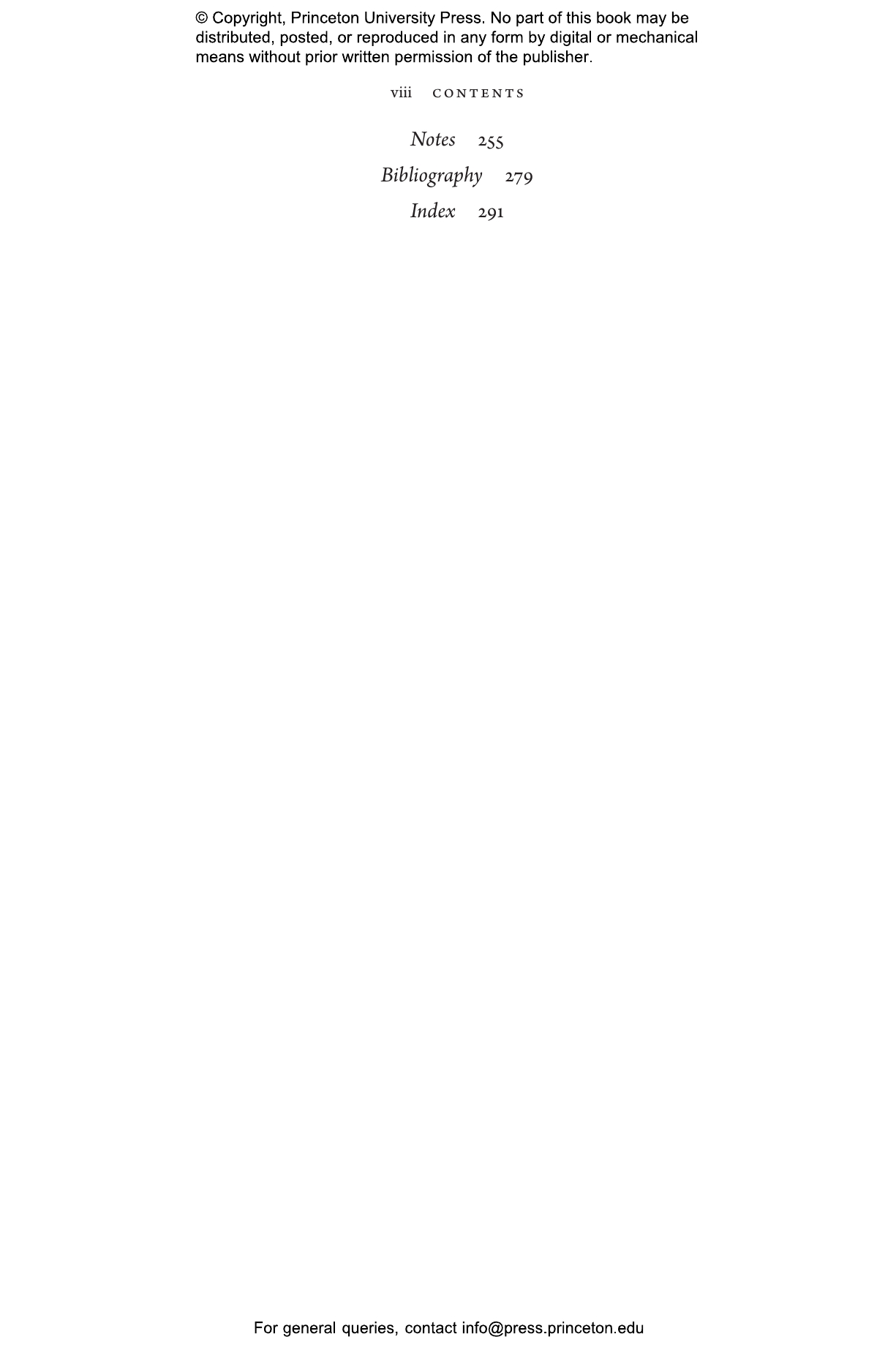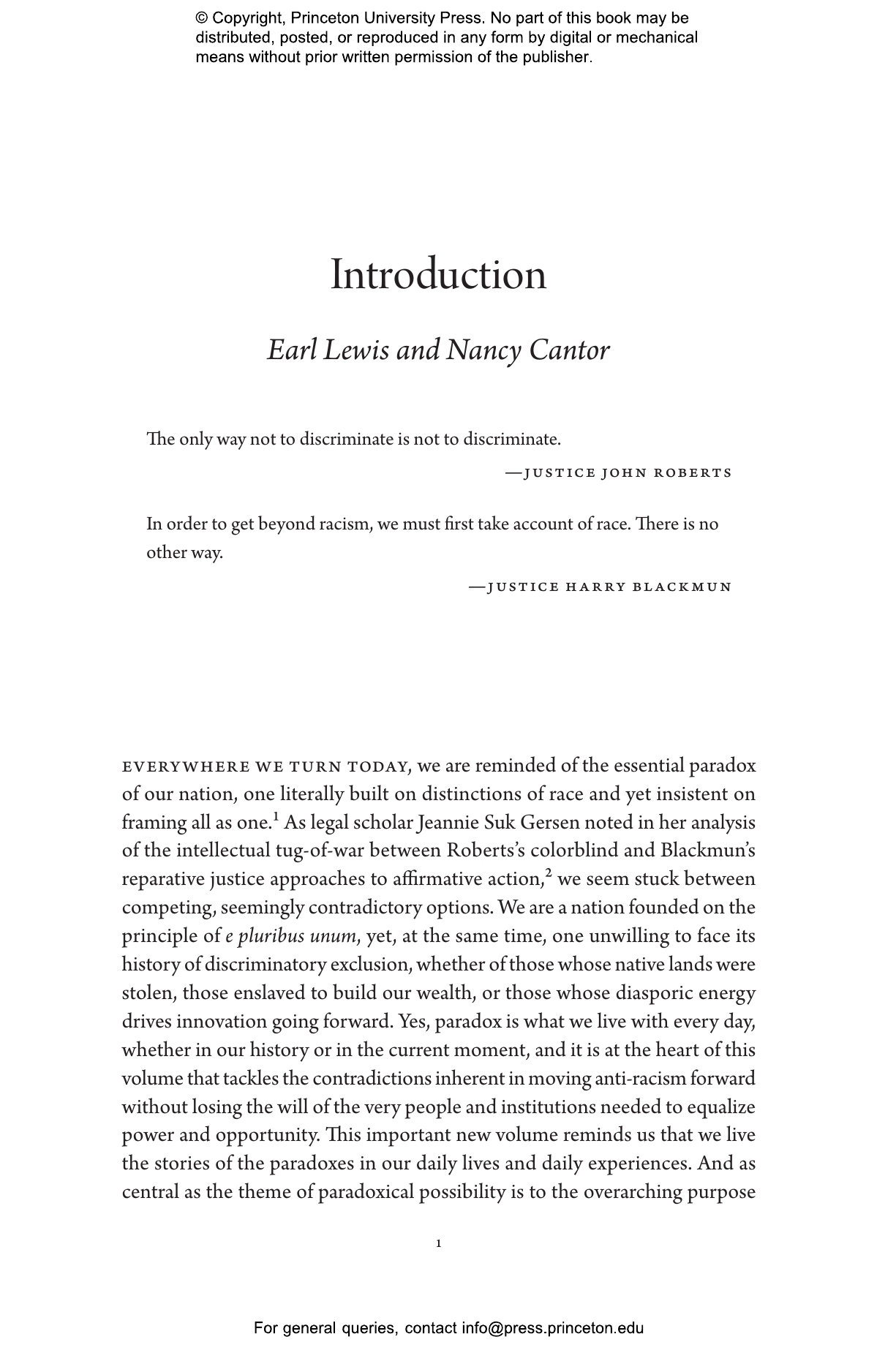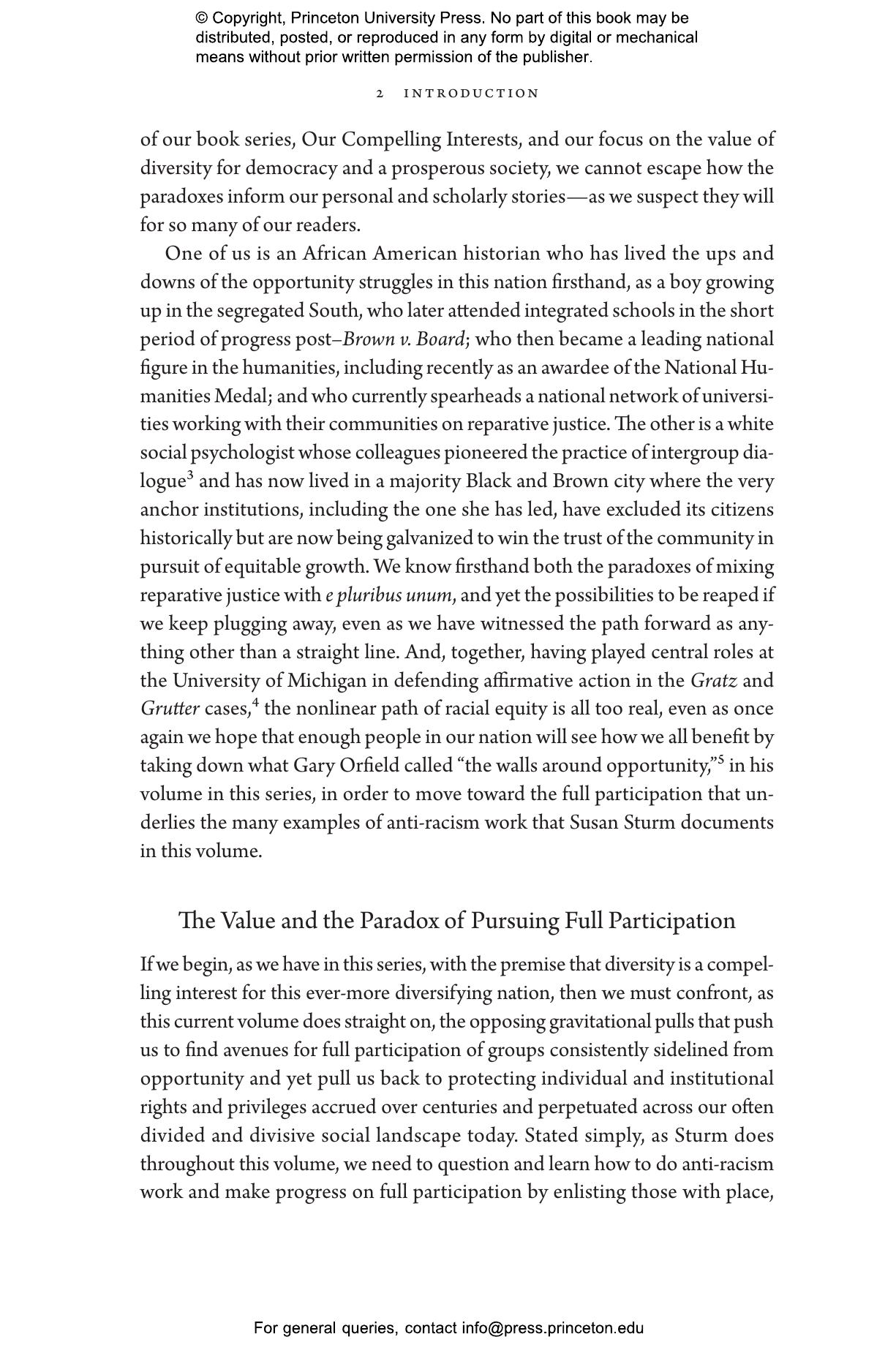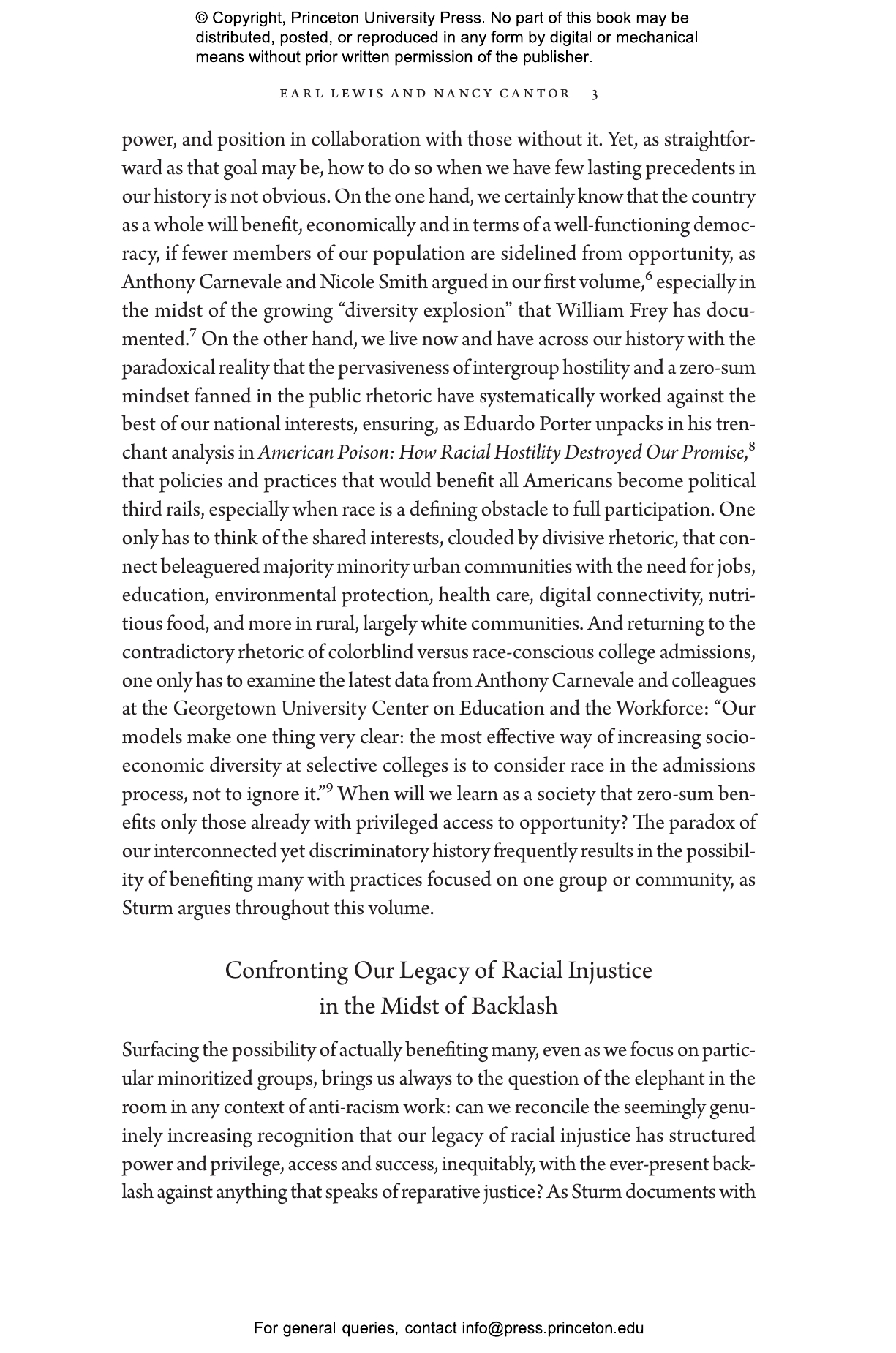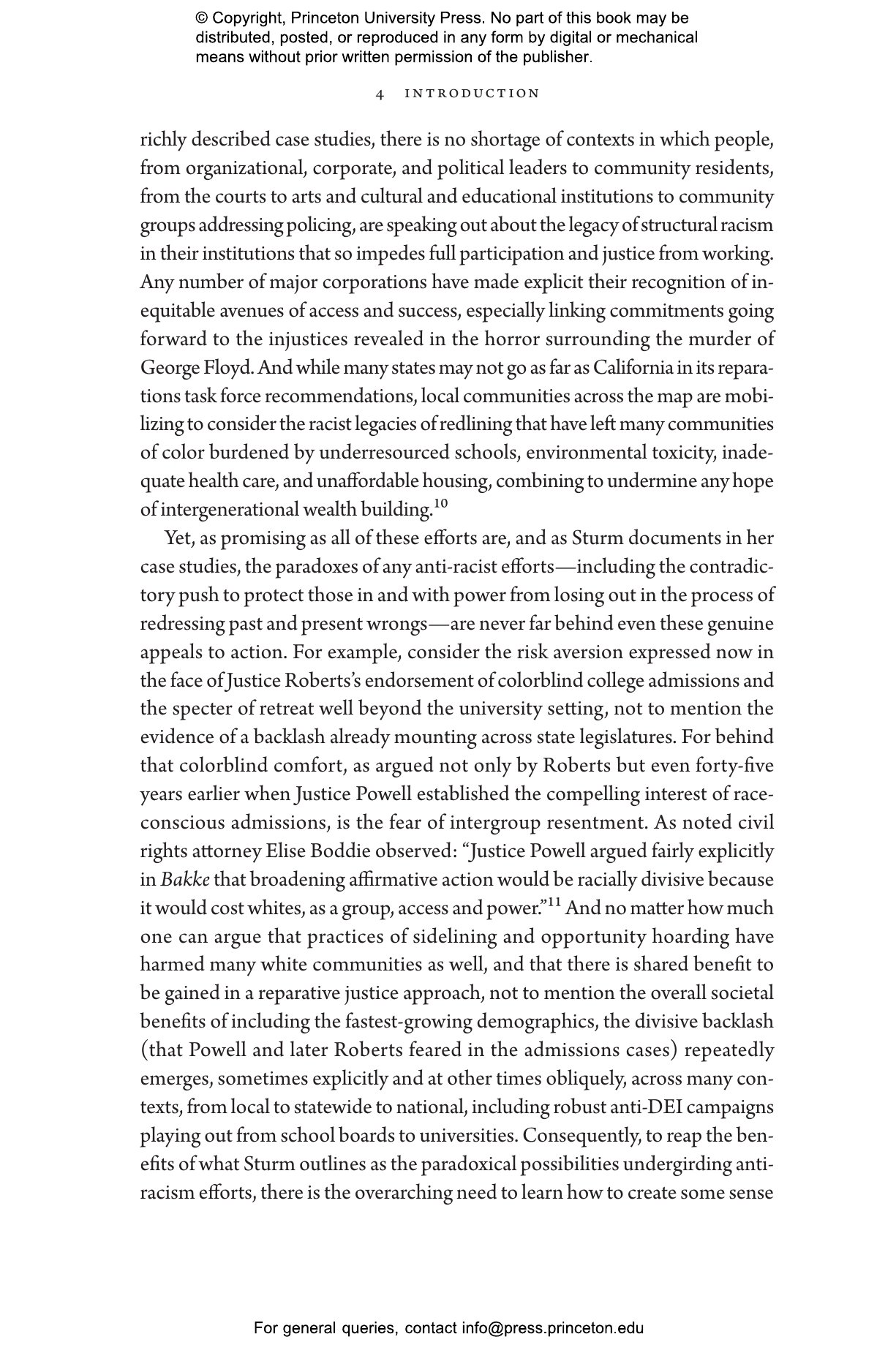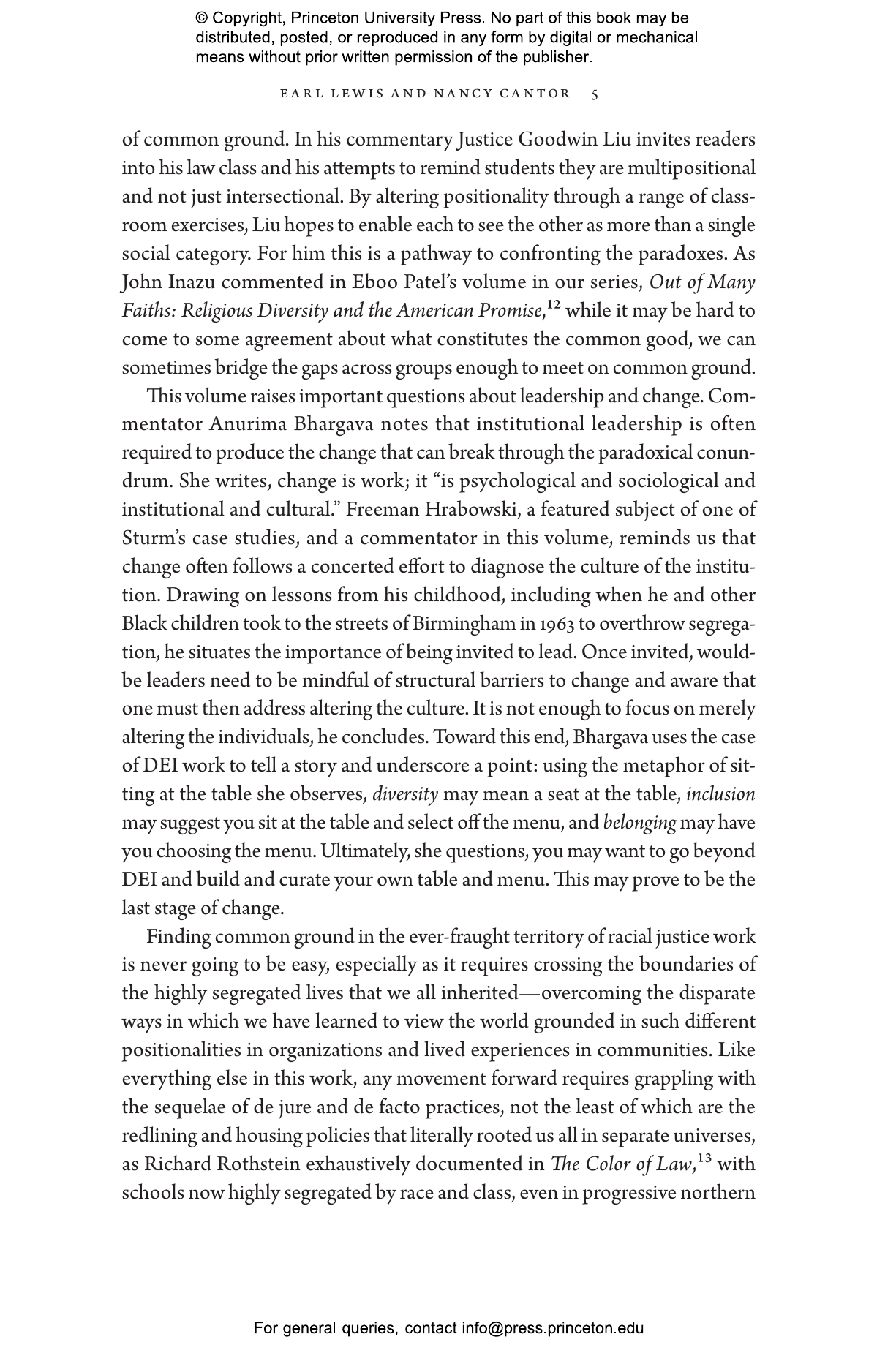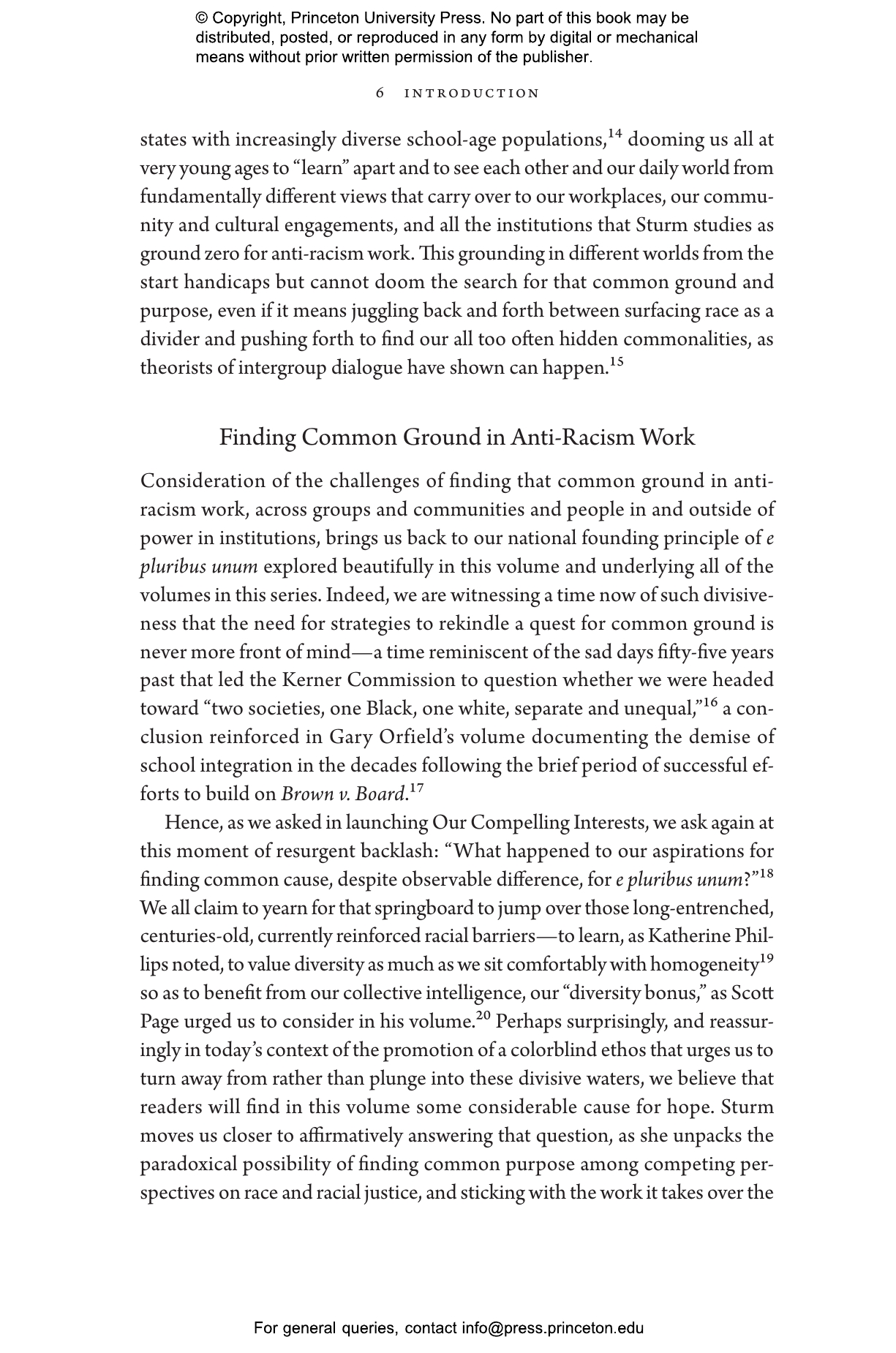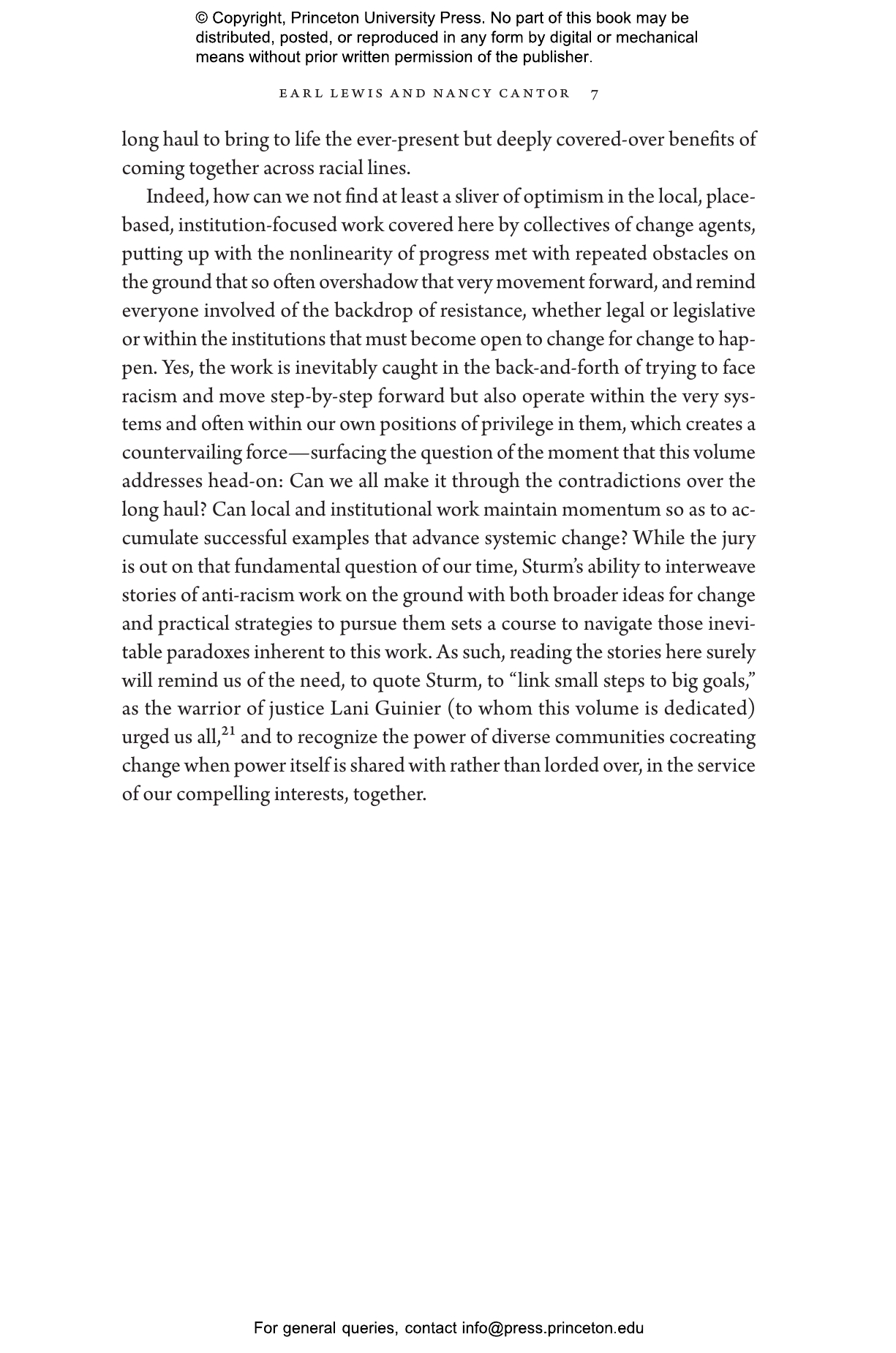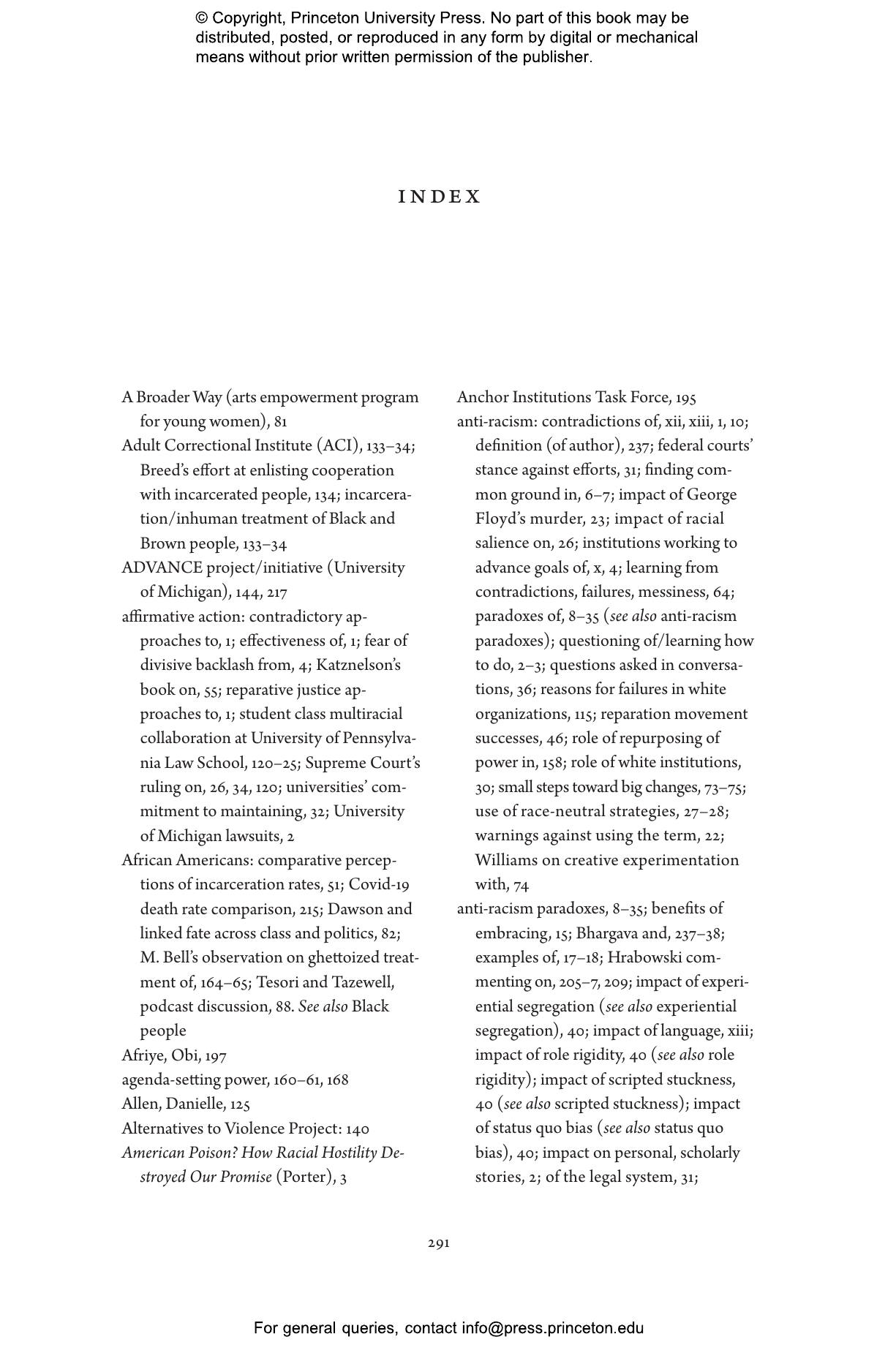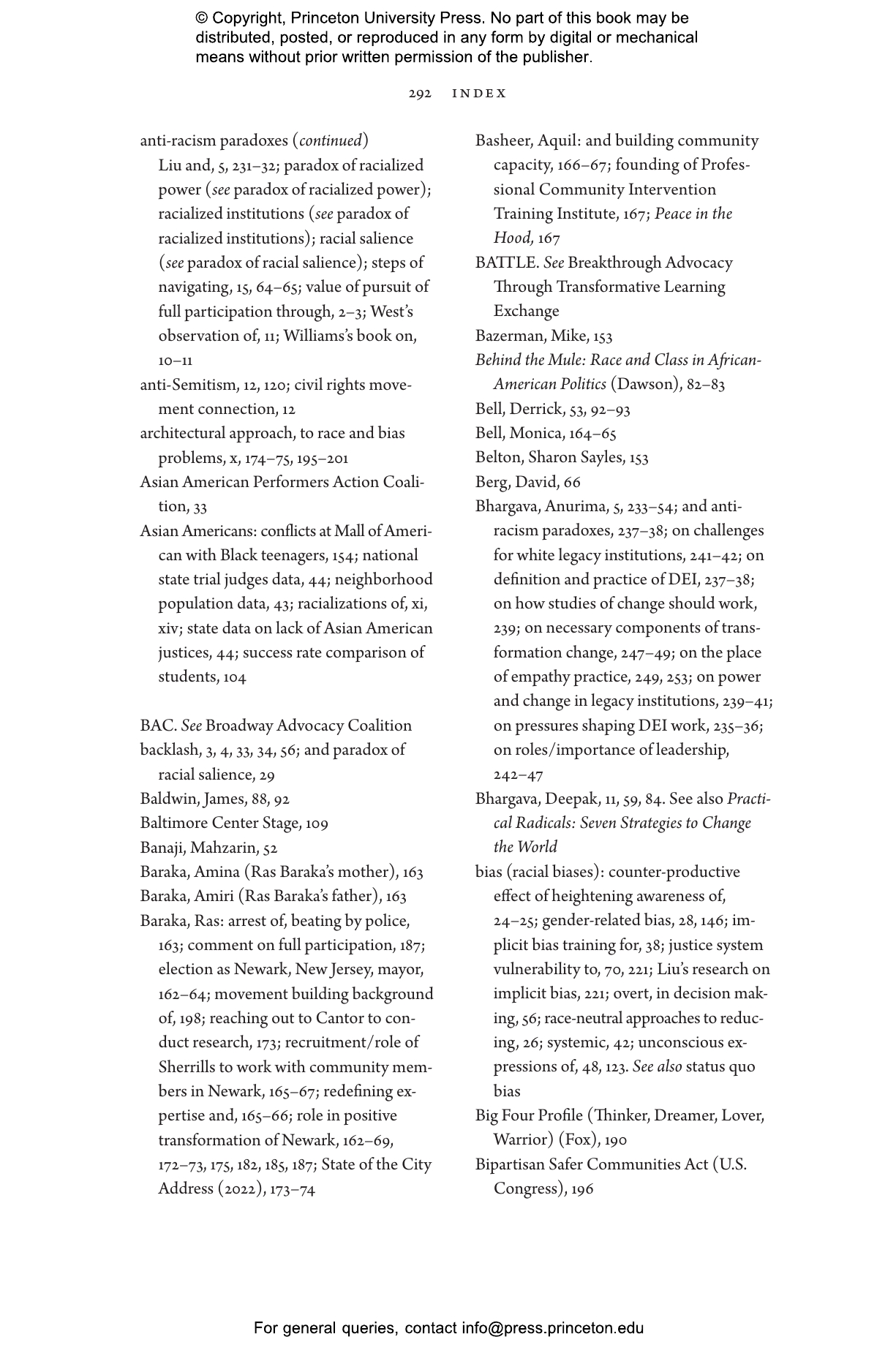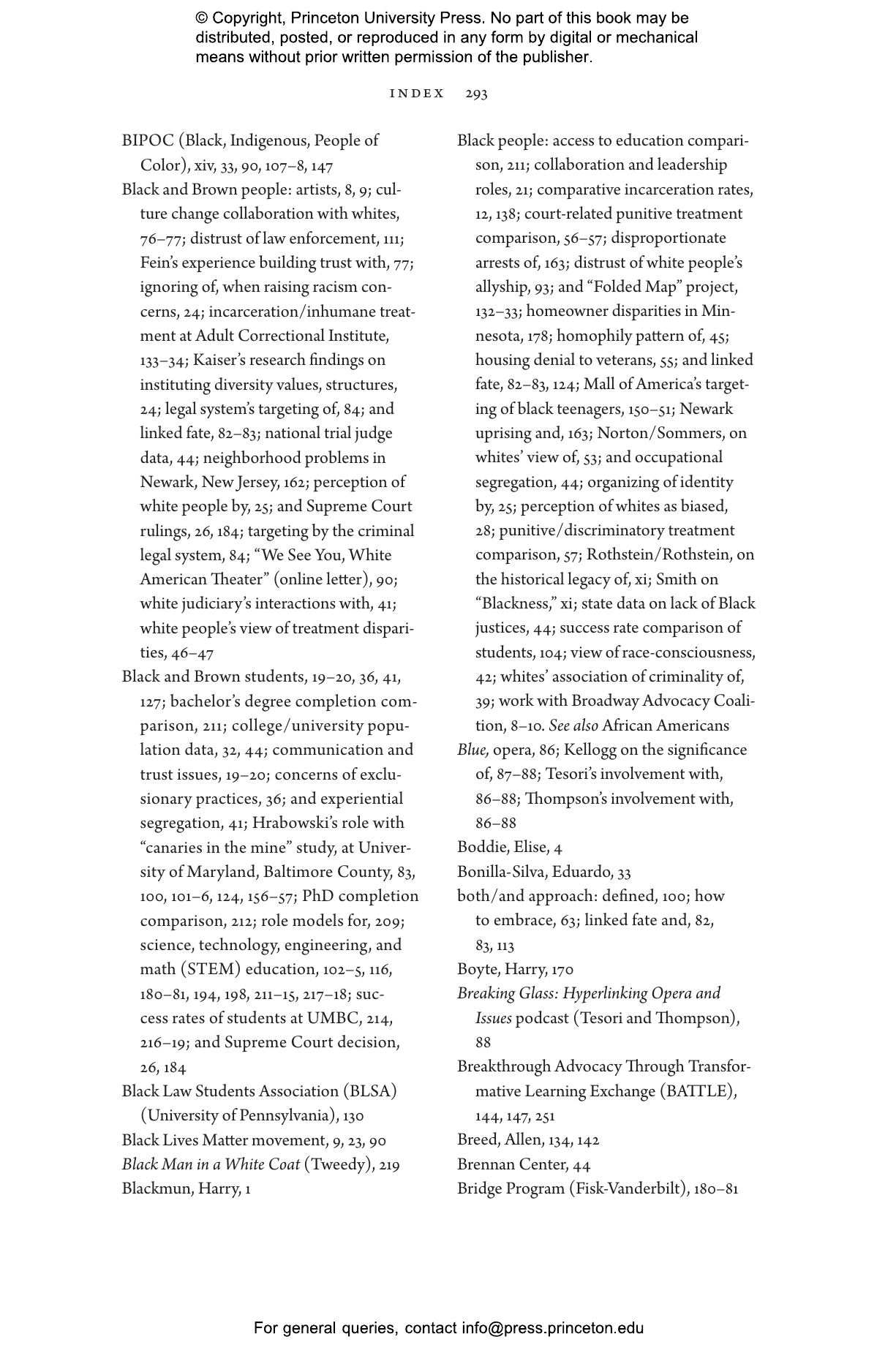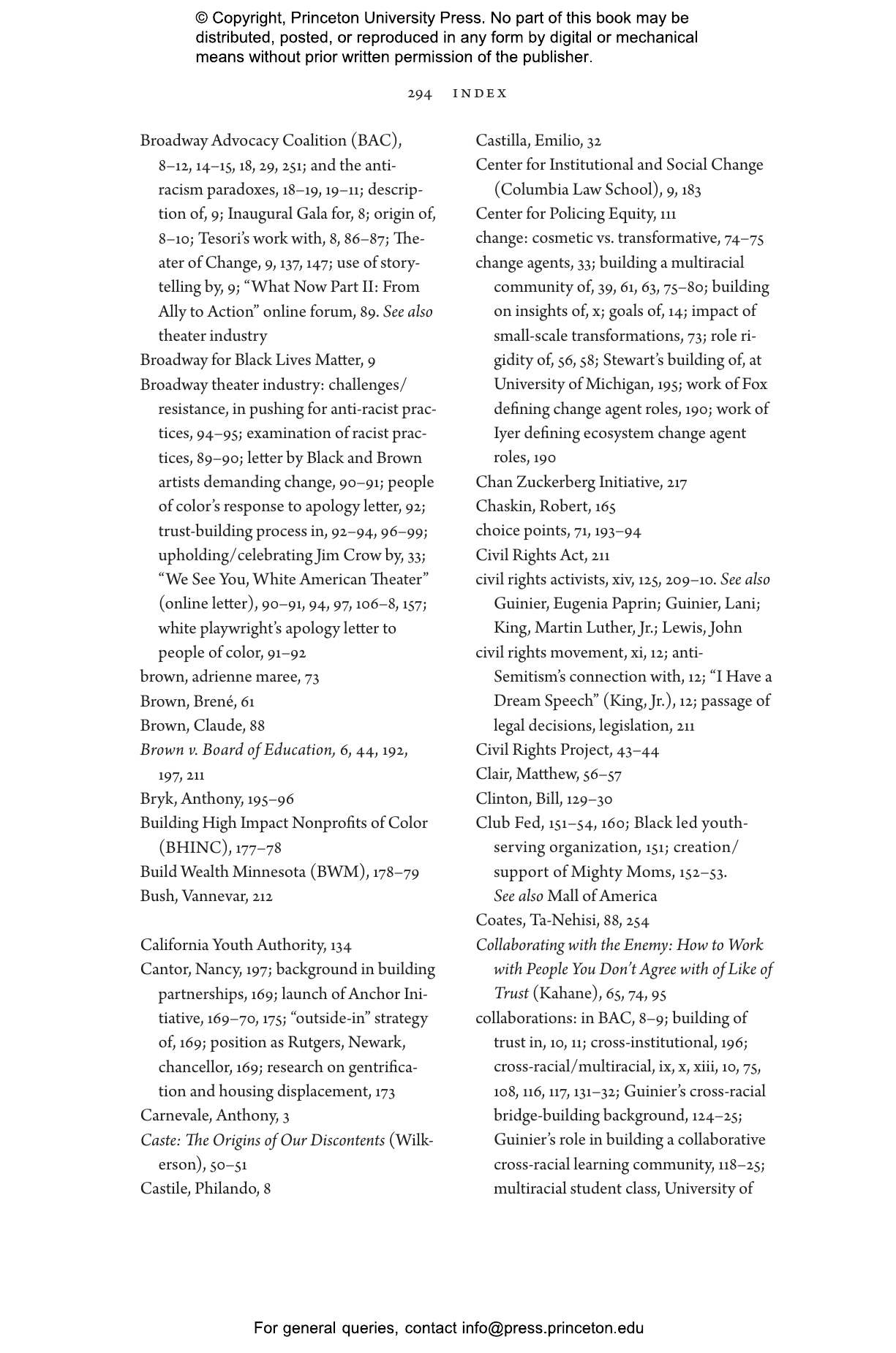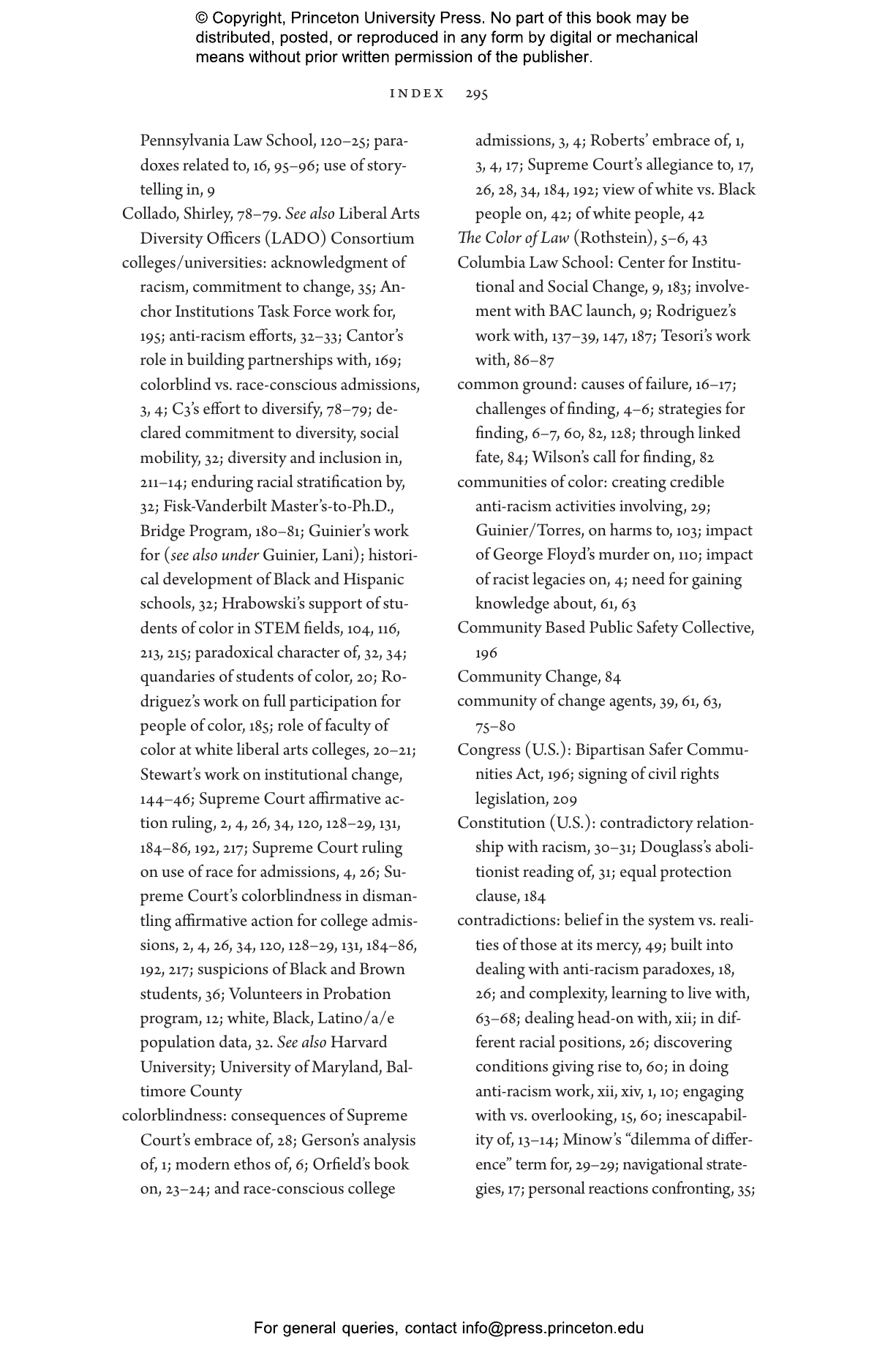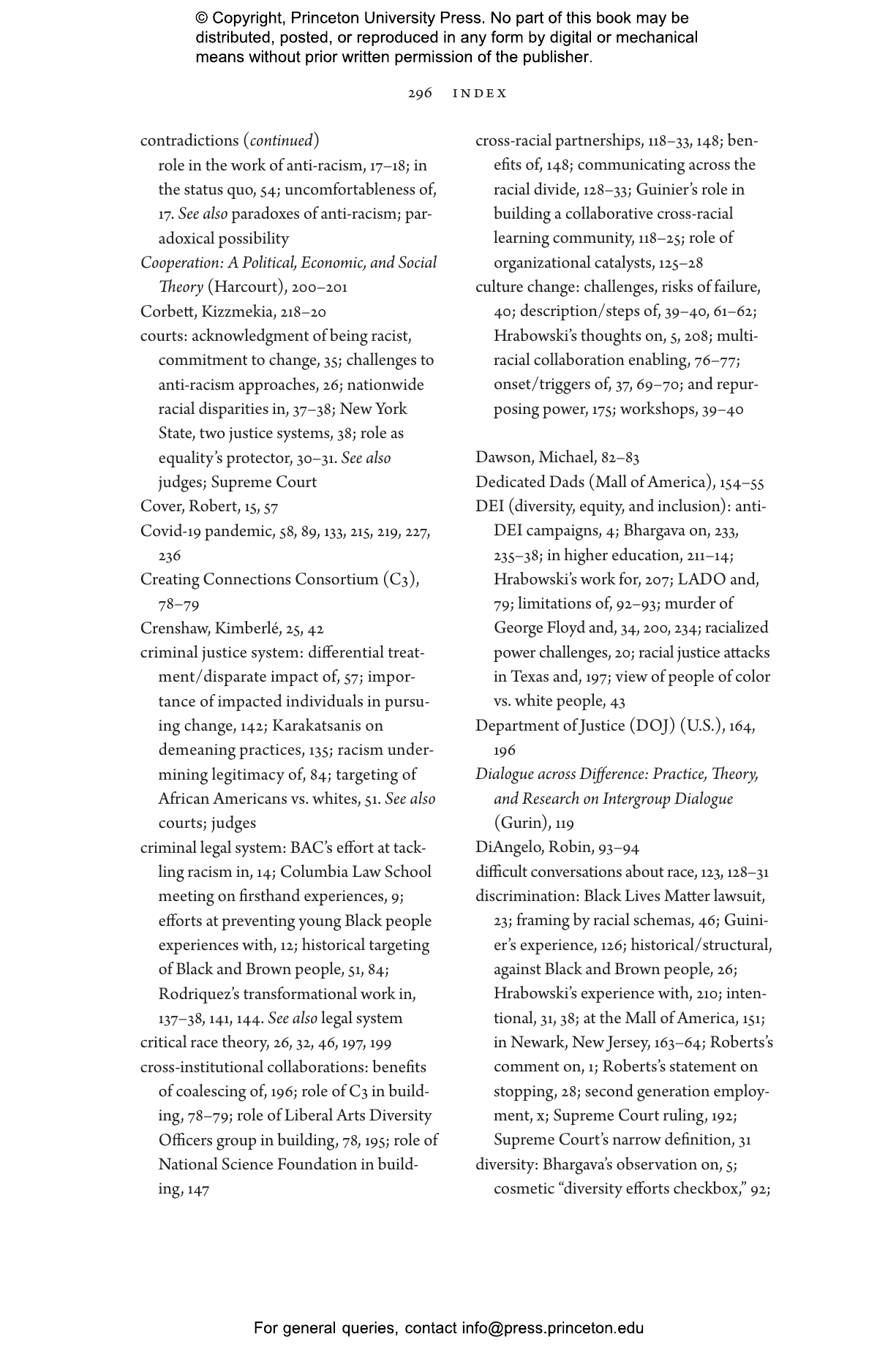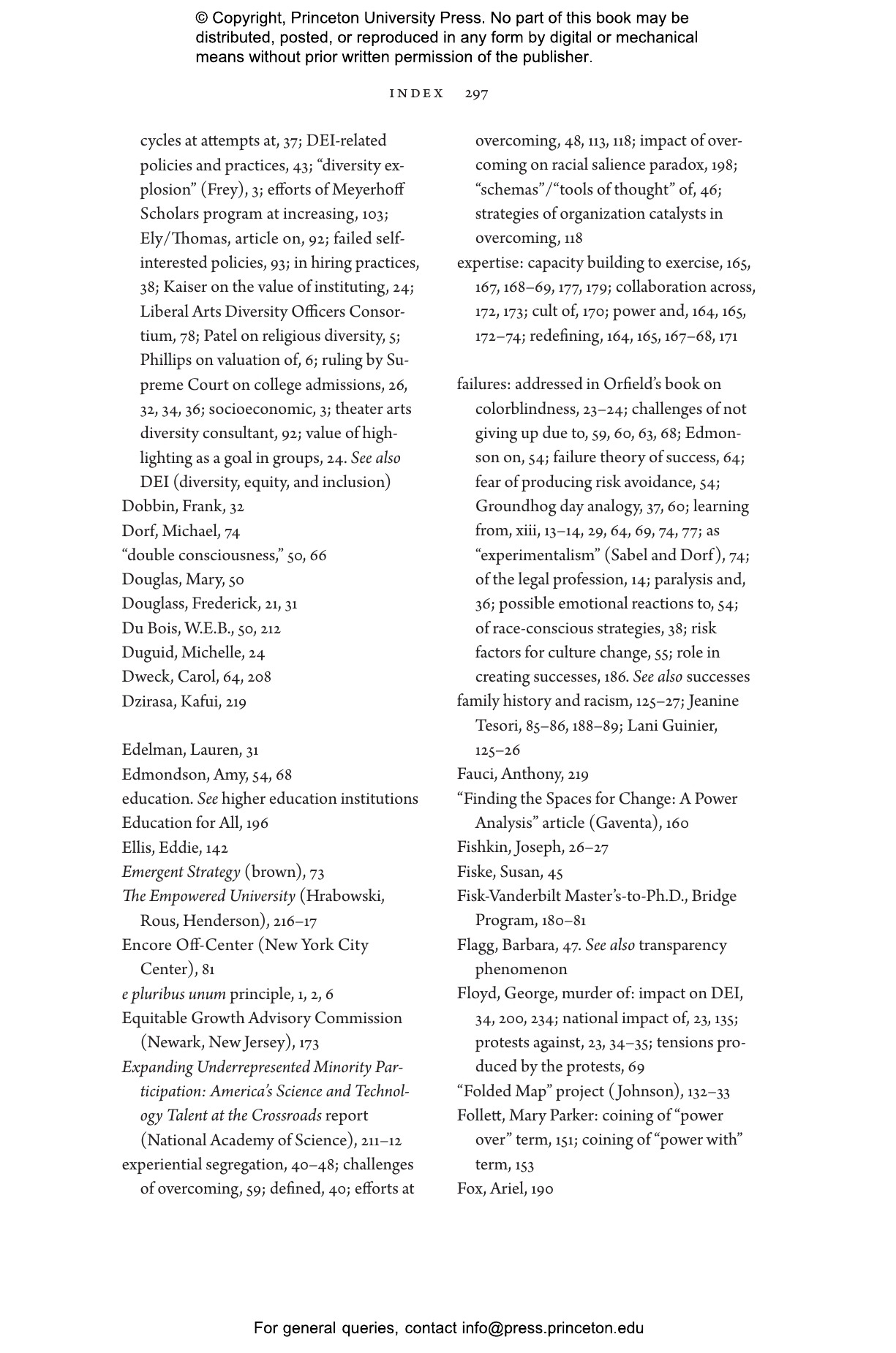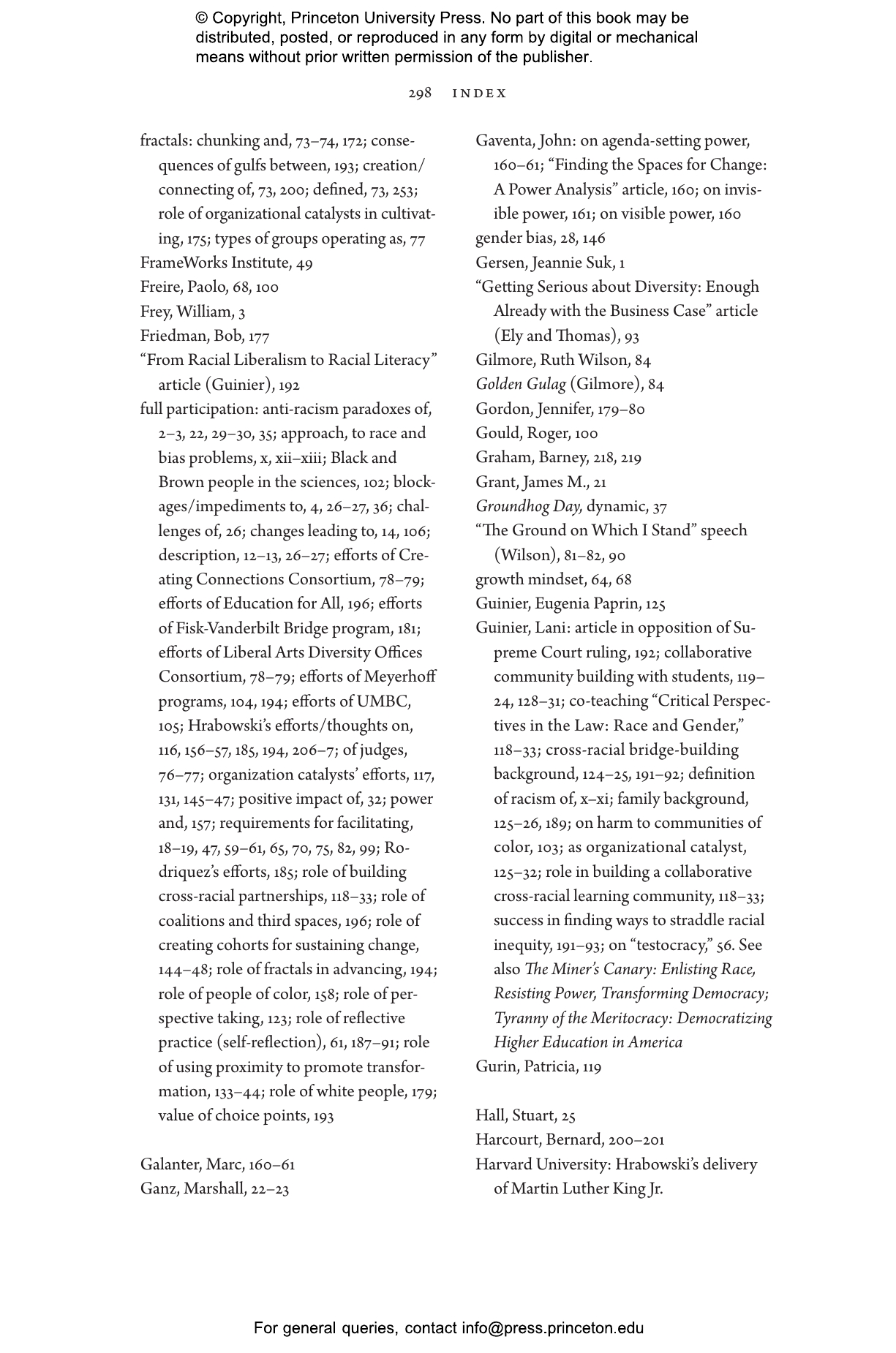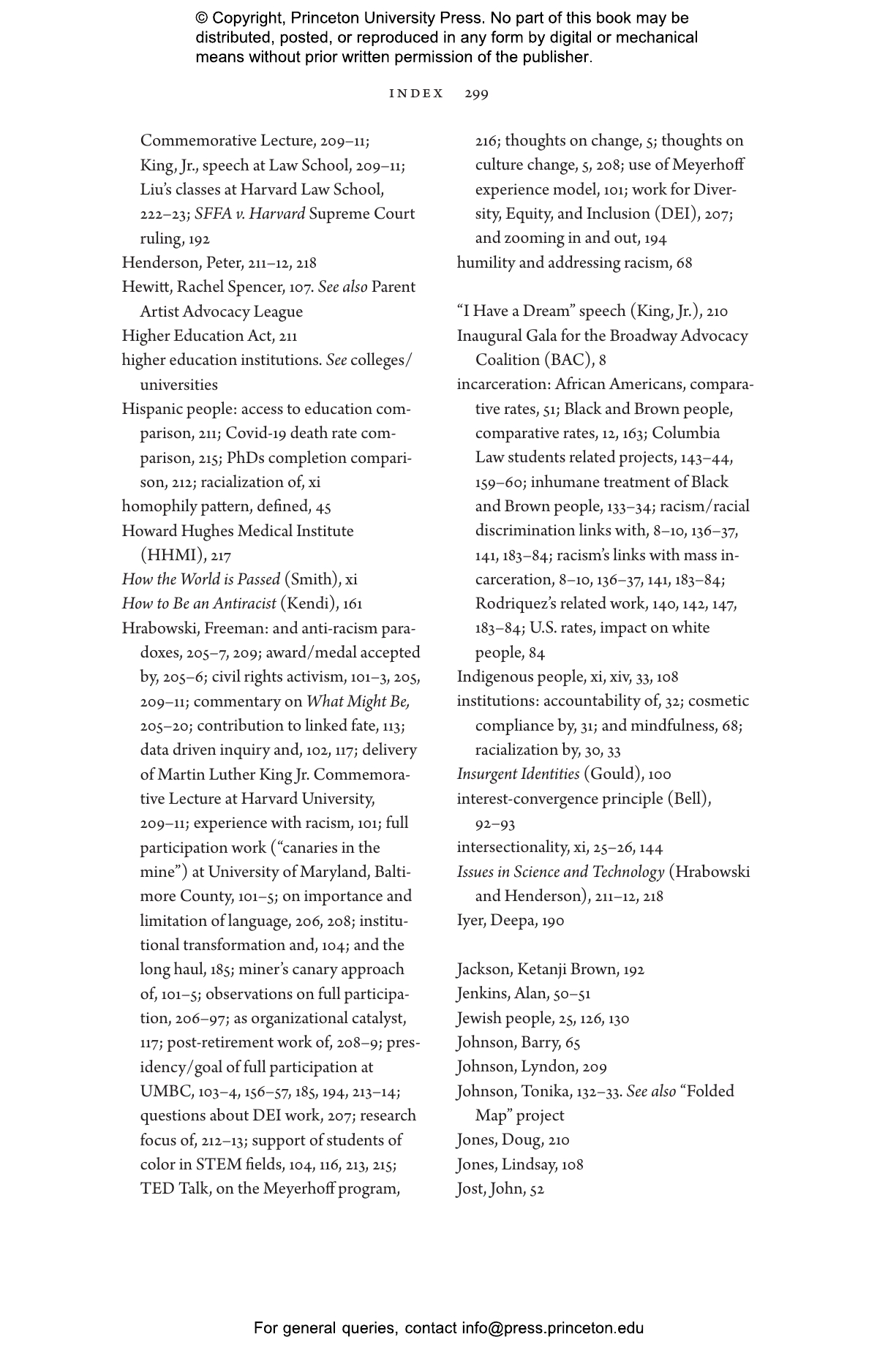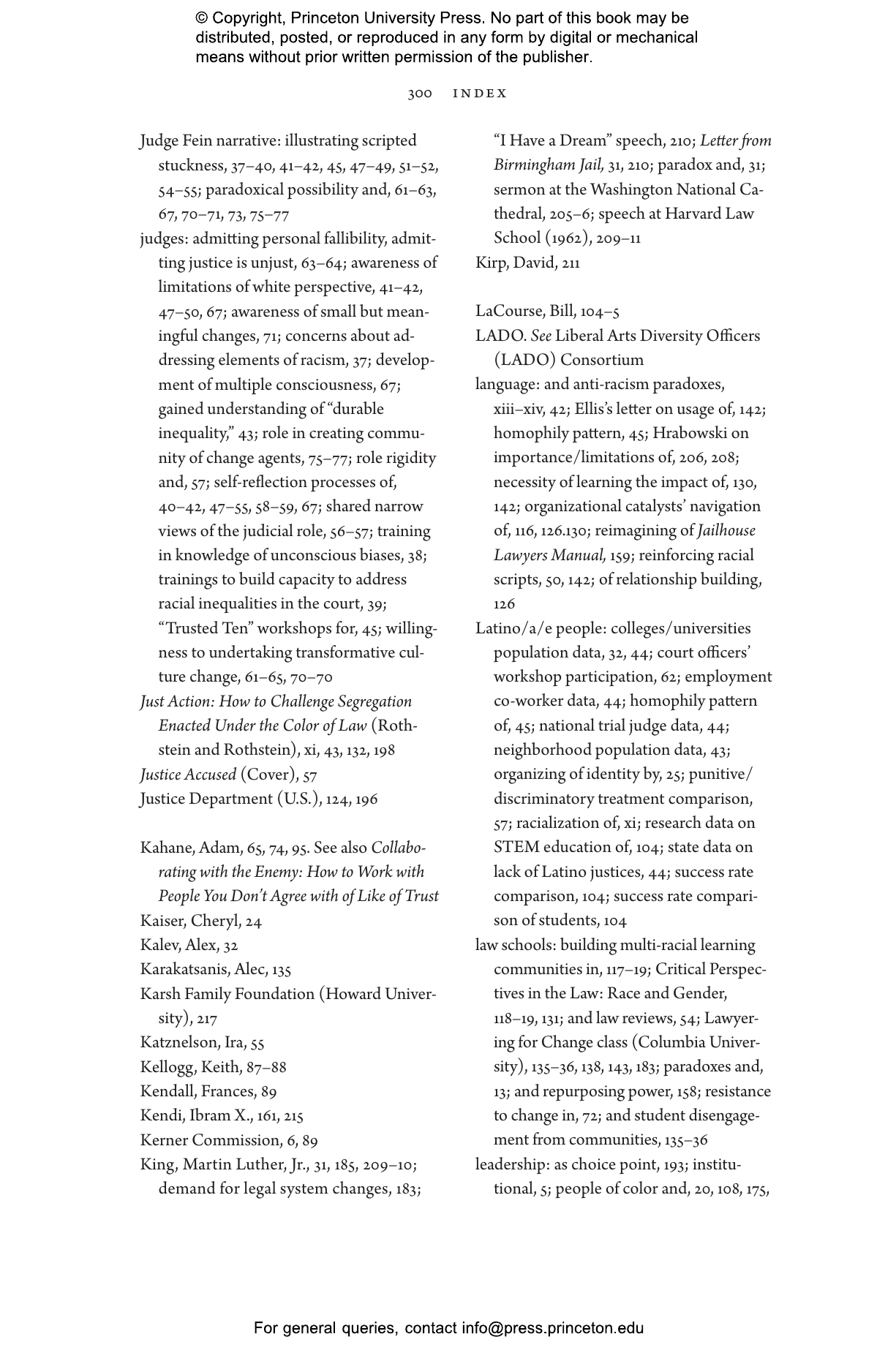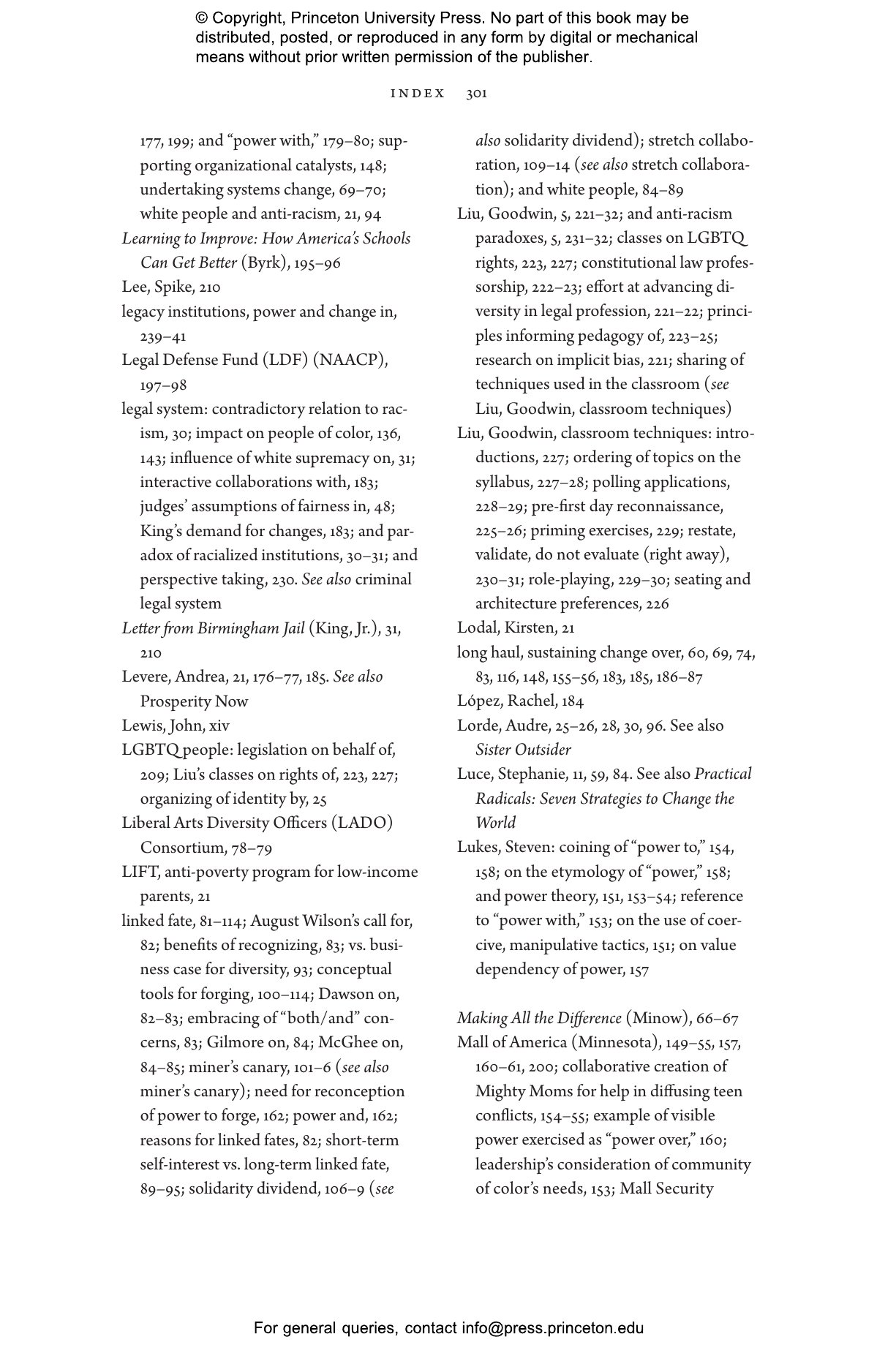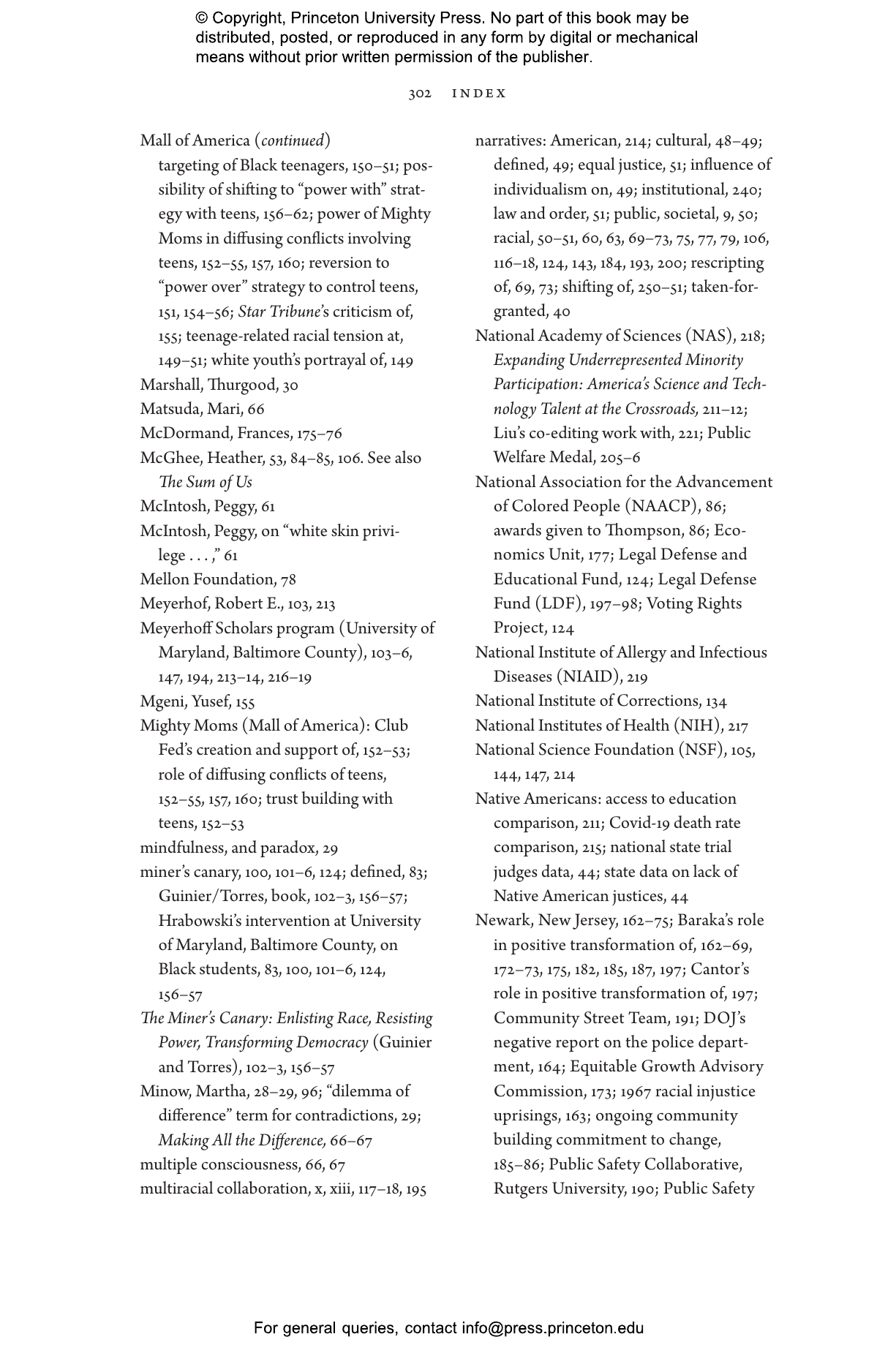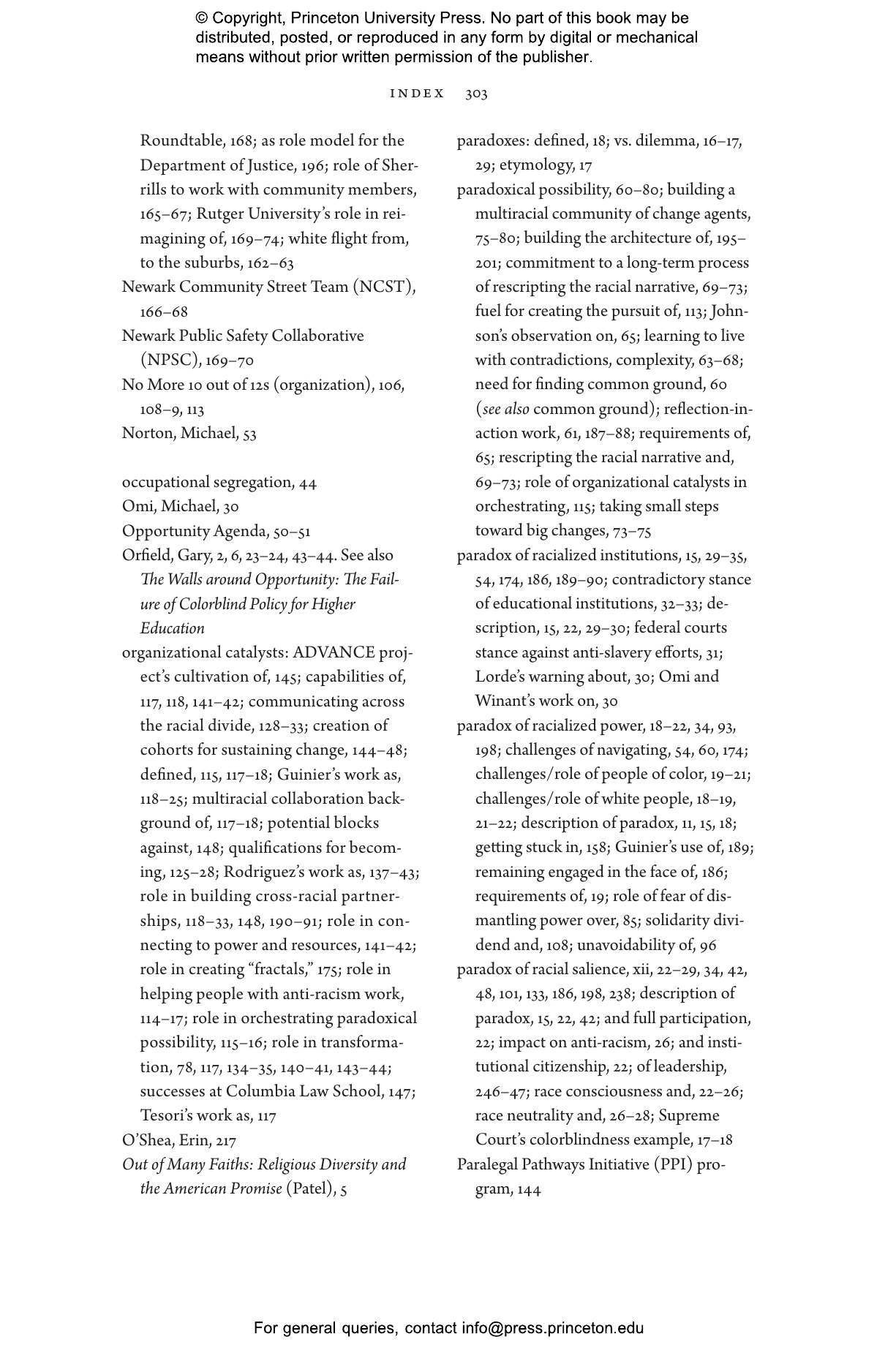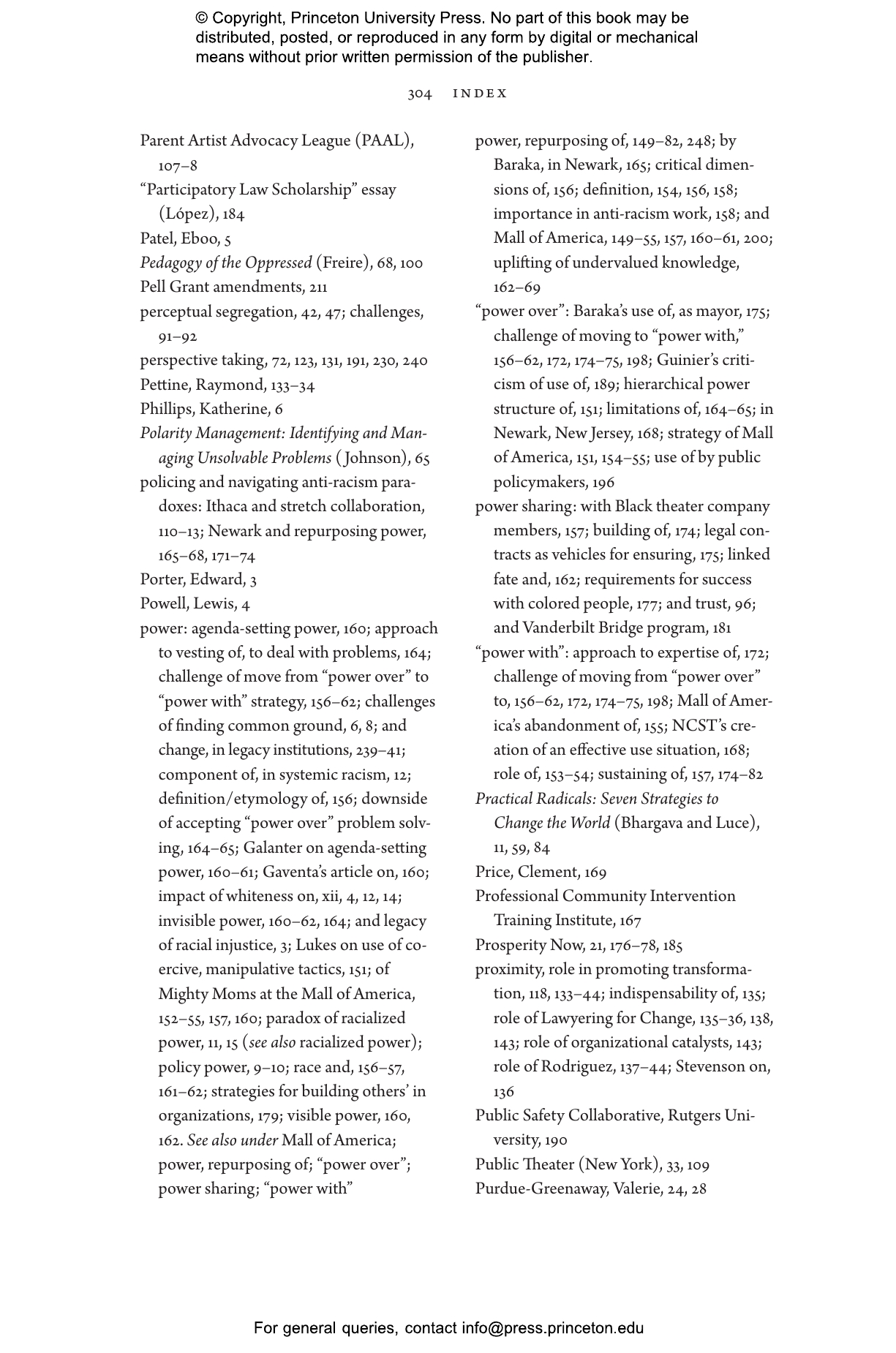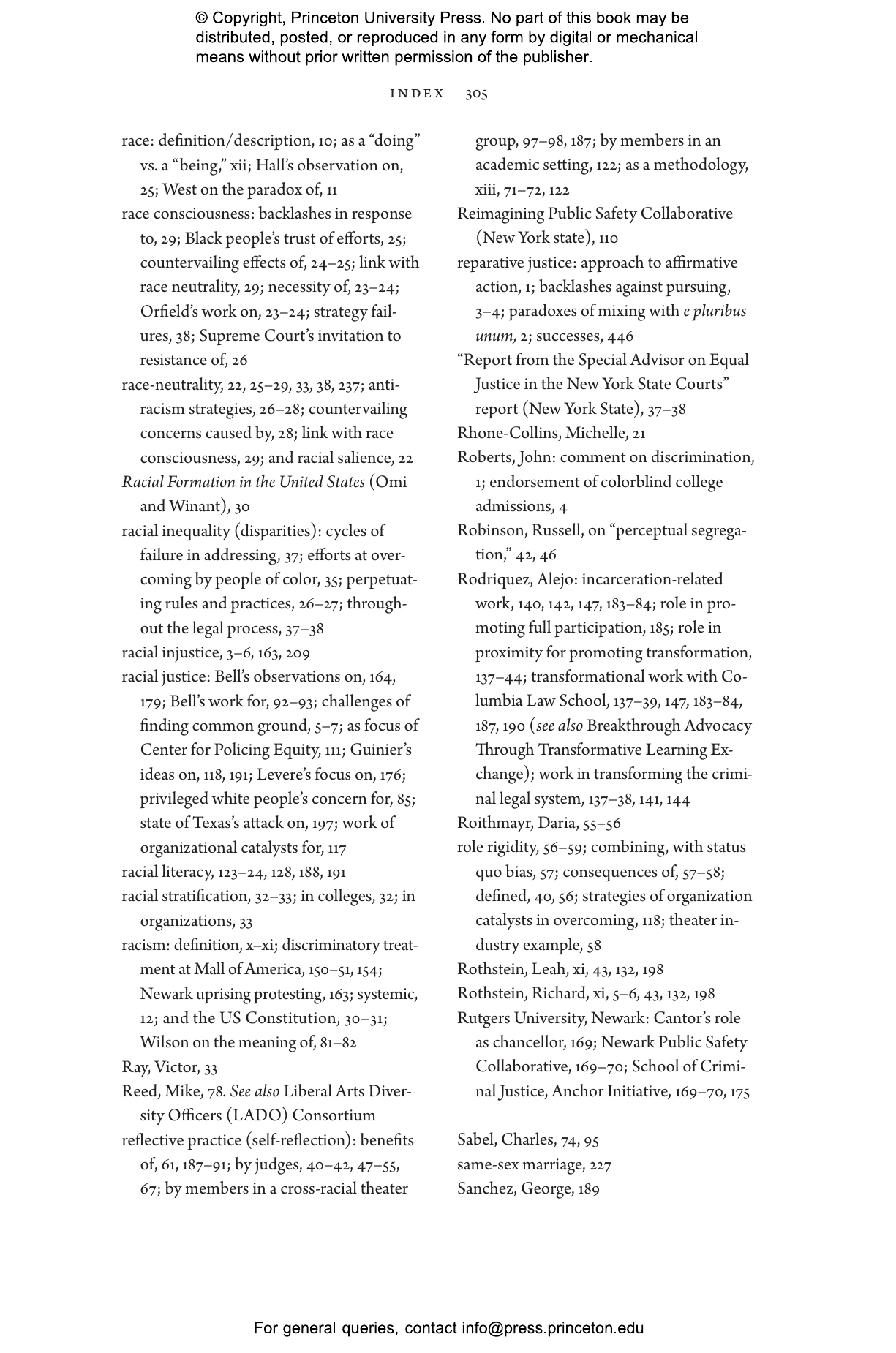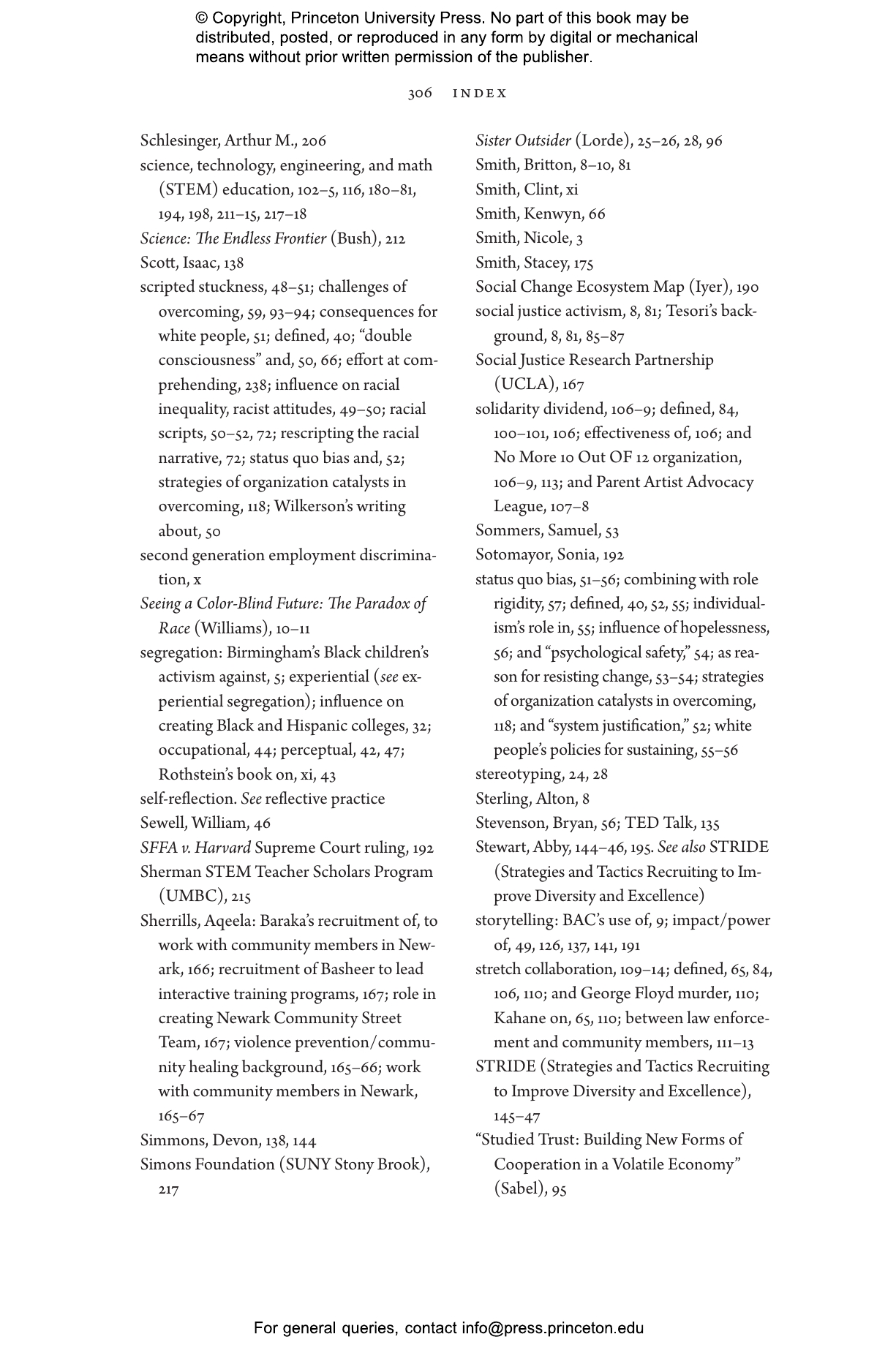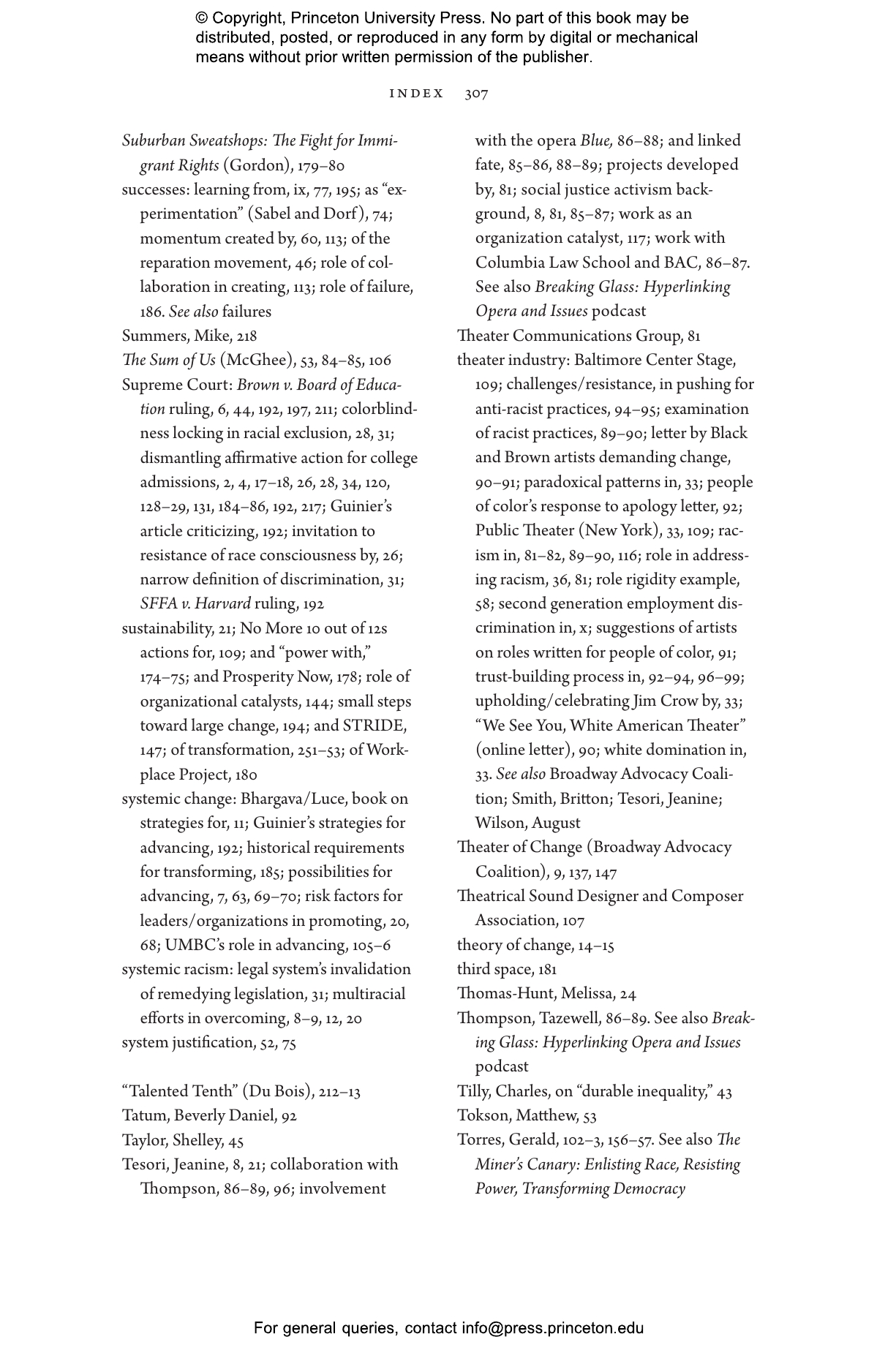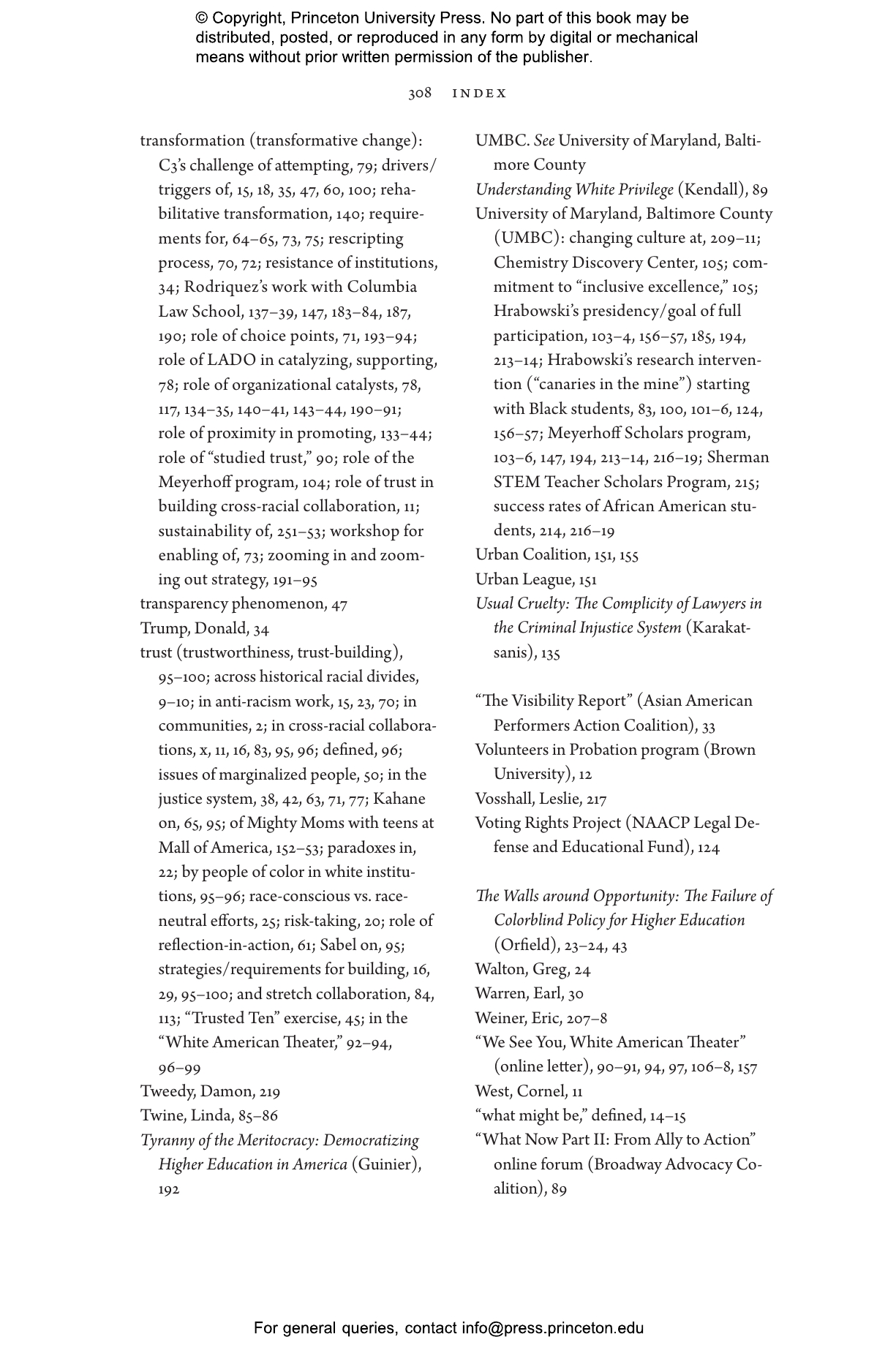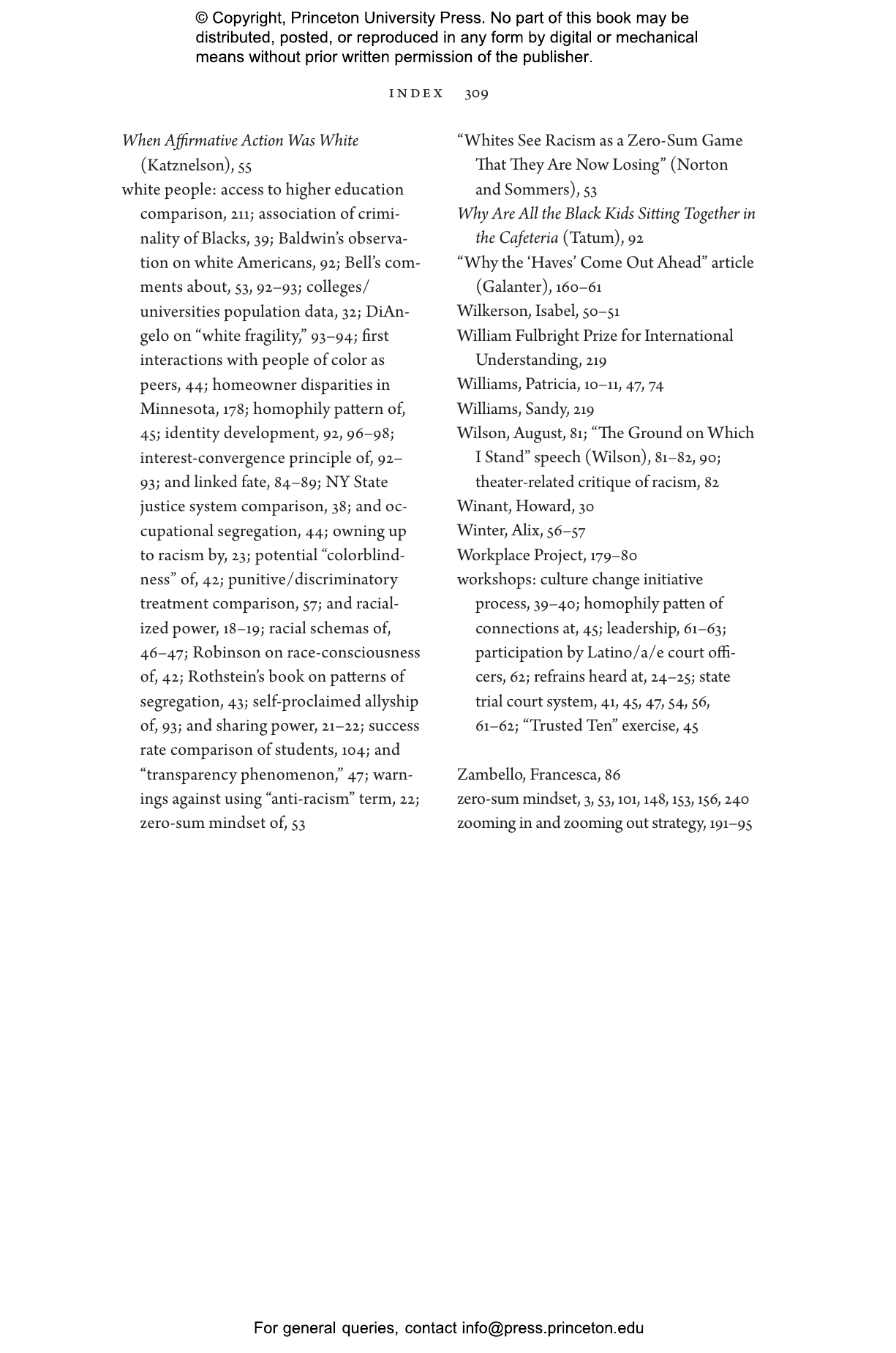Even as anti-racism practices seemed to be gaining momentum, the nation shows signs of falling back into long-standing patterns of racial injustice and inequality. Leaders who introduce anti-racist approaches to their organizations often face backlash from white colleagues and skepticism from colleagues of color, leading to paralysis. In What Might Be, Susan Sturm explores how to navigate the contradictions built into our racialized history, relationships, and institutions. She offers strategies and stories for confronting racism within predominantly white institutions, describing how change agents can move beyond talk to build the architecture of full participation.
Sturm argues that although we cannot avoid the contradictions built into efforts to confront racism, we can make them into engines of cross-racial reflection, bridge building, and institutional reimagination, rather than falling into a Groundhog Day鈥搇ike trap of repeated failures. Drawing on her decades of experience researching and working with institutions to help them become more equitable and inclusive, Sturm identifies three persistent paradoxes inherent in anti-racism work. These are the paradox of racialized power, whereby anti-racism requires white people to lean into and yet step back from exercising power; the paradox of racial salience, which means that effective efforts must explicitly name and address race while also framing their goals in universal terms other than race; and the paradox of racialized institutions, which must drive anti-racism work while simultaneously being the target of it. Sturm shows how people and institutions can cultivate the capacity to straddle these contradictions, enabling those in different racial positions to discover their linked fate and become the catalysts for long-term change.
The book includes thoughtful and critical responses from Goodwin Liu, Freeman Hrabowski, and Anurima Bhargava.
Susan Sturm is the George M. Jaffin Professor of Law and Social Responsibility and the Founding Director of the Center for Institutional and Social Change at Columbia Law School. She is the coauthor (with Lani Guinier) of Who's Qualified? A New Democracy Forum on the Future of Affirmative Action.
“Susan Sturm’s unflinching and poignant narrative urges white leaders and collaborators to think more critically about anti-racist praxis without coopting it. Crucial for our times, What Might Be is an orienting and intimate guide.”—Swethaa S. Ballakrishnen, University of California, Irvine, author of Accidental Feminism
“Susan Sturm works hard to convince folks to be their best, to use their power and privilege for good, to collaborate across racial lines, and to do the work to confront racism in the academy and elsewhere. The beauty of this book is how Sturm uses her own experiences, presenting an authentic perspective.”—Marybeth Gasman, Rutgers University, author of Doing the Right Thing
"As a white man leading an institution whose origins epitomize white male privilege, I wish I had had this book years ago when embarking on an intentional and ongoing participatory process of institutional transformation towards anti-racism and antisexism. Susan Sturm has provided an inspiring and practical guide to the deep work of multiracial collaboration that fuses theory, reflection, and practice to powerfully advance equity and justice.”—Stephen Heintz, President and CEO, Rockefeller Brothers Fund
“During a time of division and conflict, Susan Sturm offers powerful stories linked to instructive analysis of bridge-building in pursuit of equality, excellence, and effective collaborations against racism. What makes this work so essential is its honesty and clarity about the dilemmas that arise when people use their power and privilege to try to alter the patterns affording them authority.”—Martha Minow, author of When Should Law Forgive?
“What does antiracist institutional change work look like in real life? It’s messy, nonlinear, and requires sustained long-term commitments to persist in the face of predictable backlash. It helps to have both a scaffolding framework and inspiring real-life examples as a guide. Susan Sturm offers both in her thoughtful and wise book, a text especially useful for institutional leaders seeking to use their power to facilitate lasting change.”—Beverly Daniel Tatum, President Emerita, Spelman College, and author of Why Are All the Black Kids Sitting Together in the Cafeteria? And Other Conversations av福利社 Race


